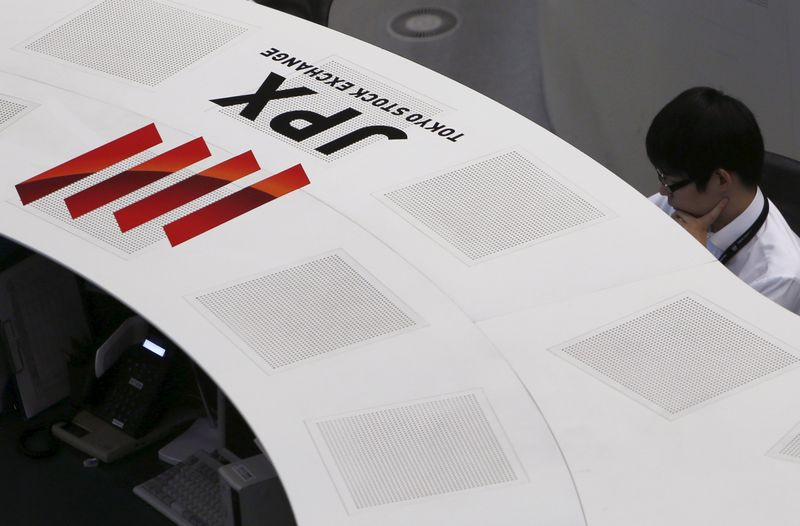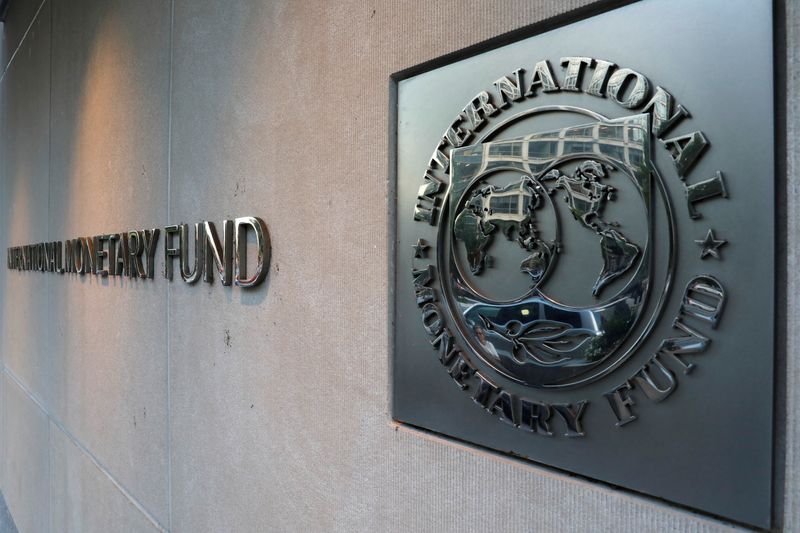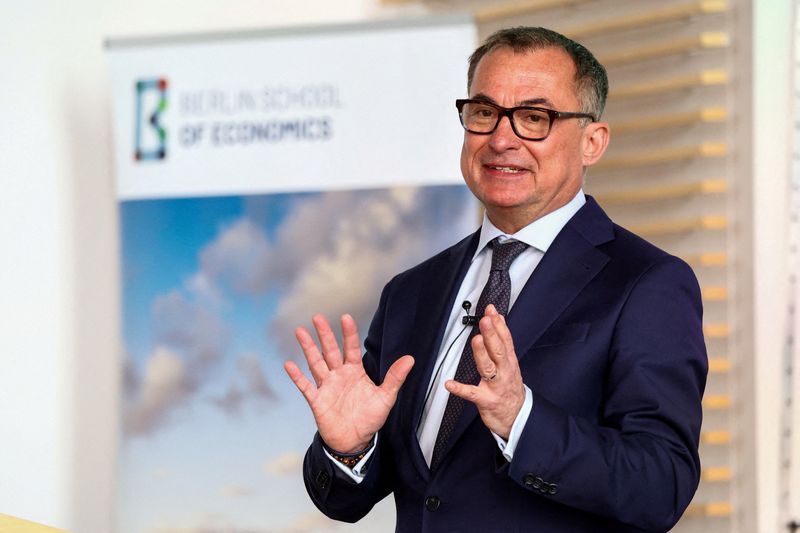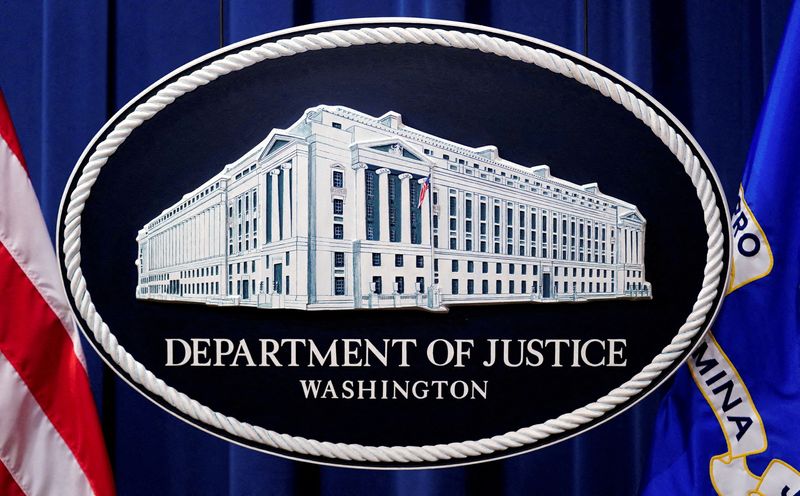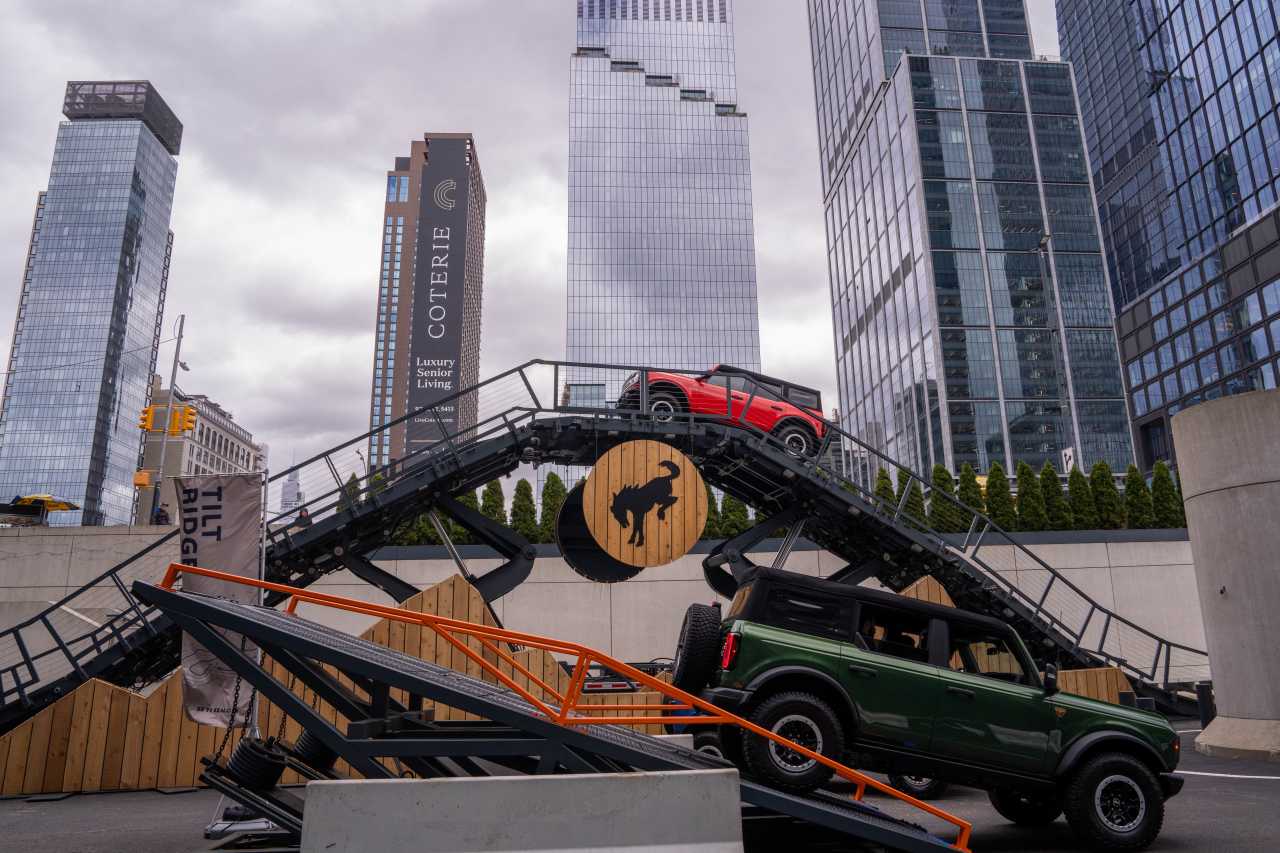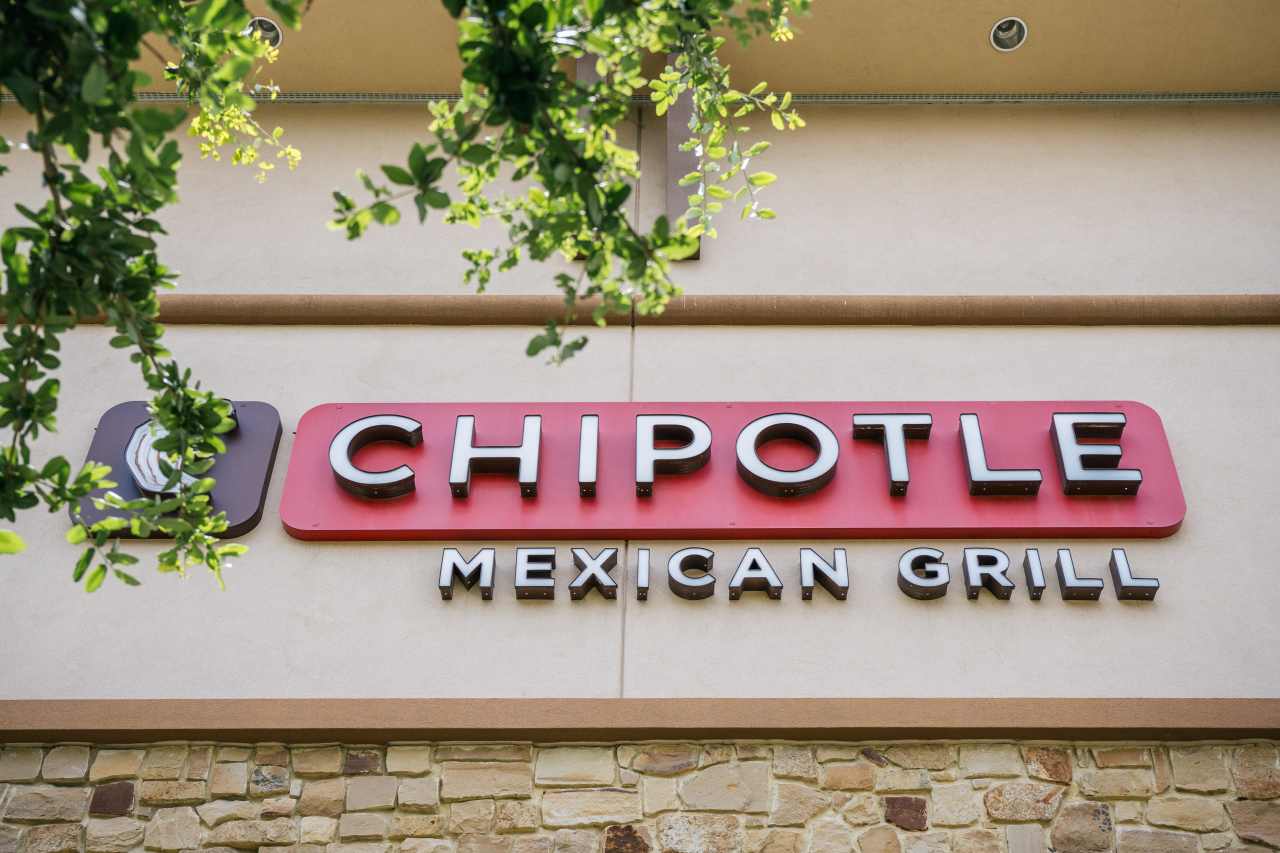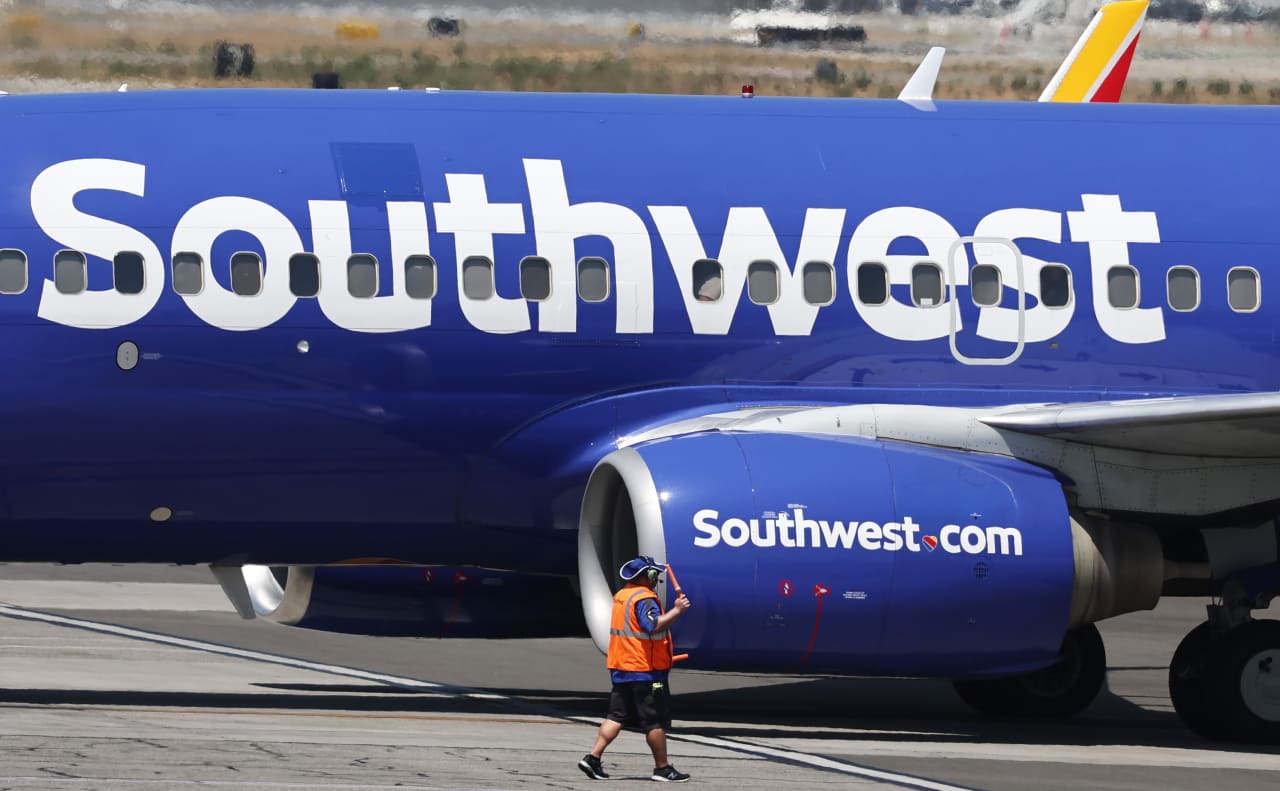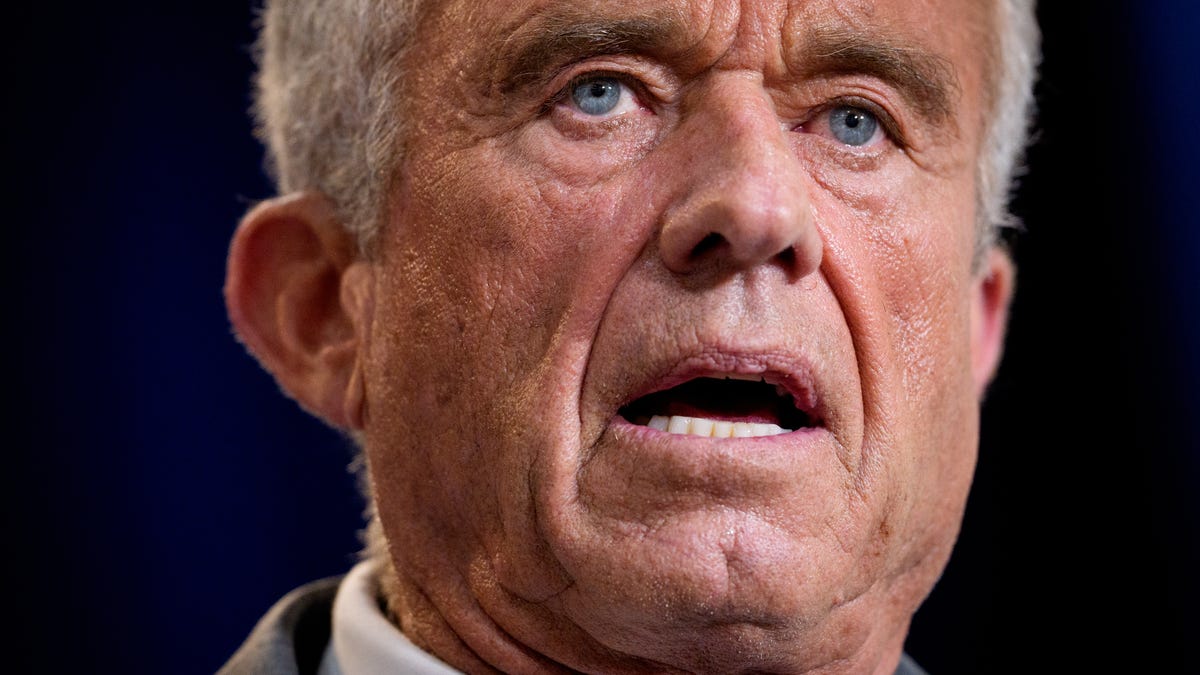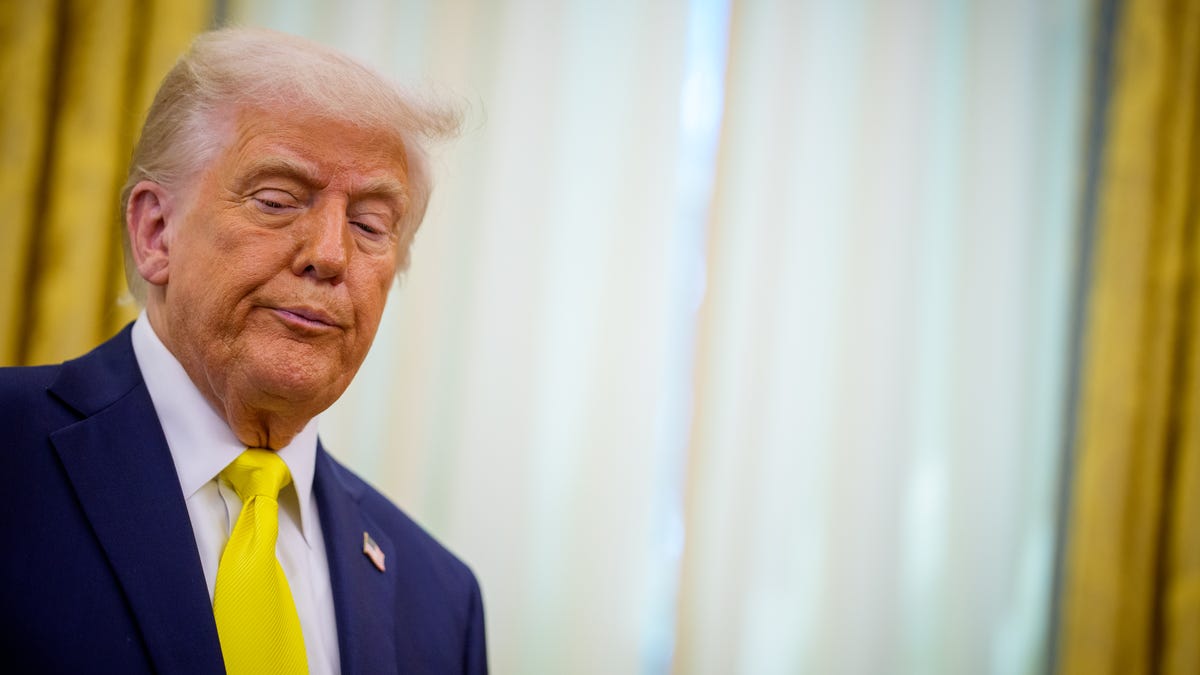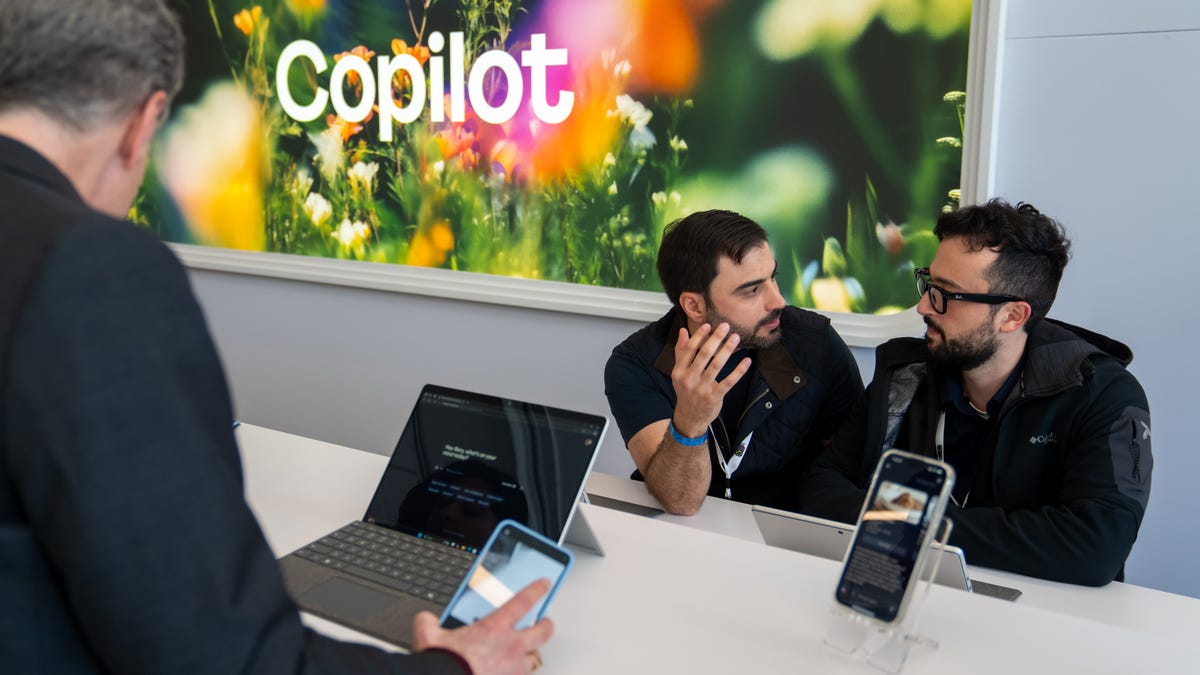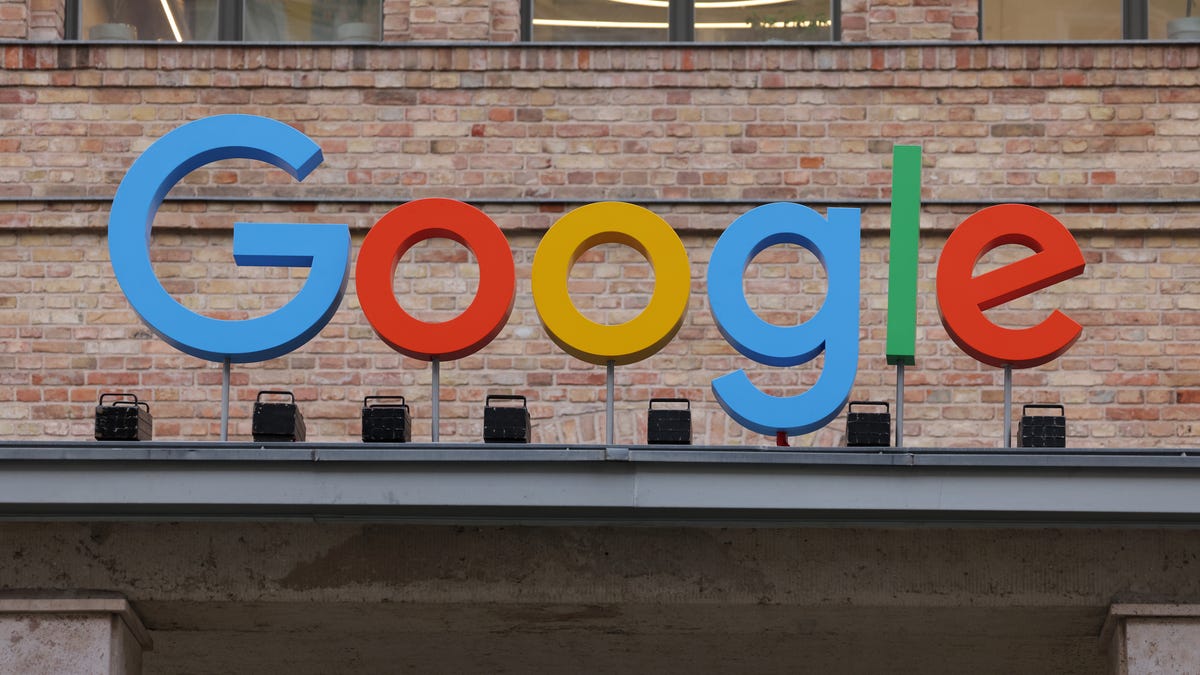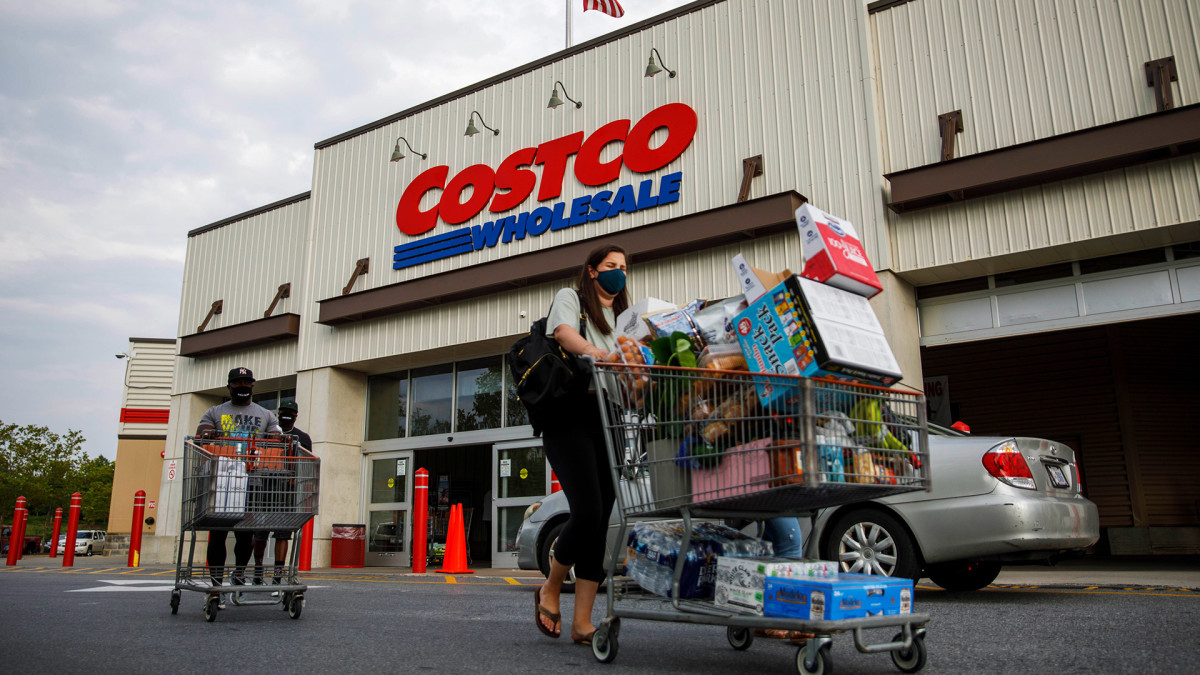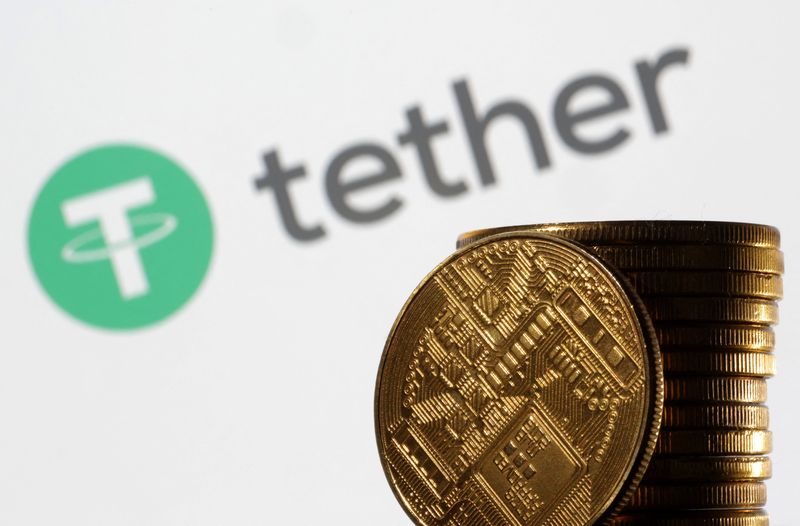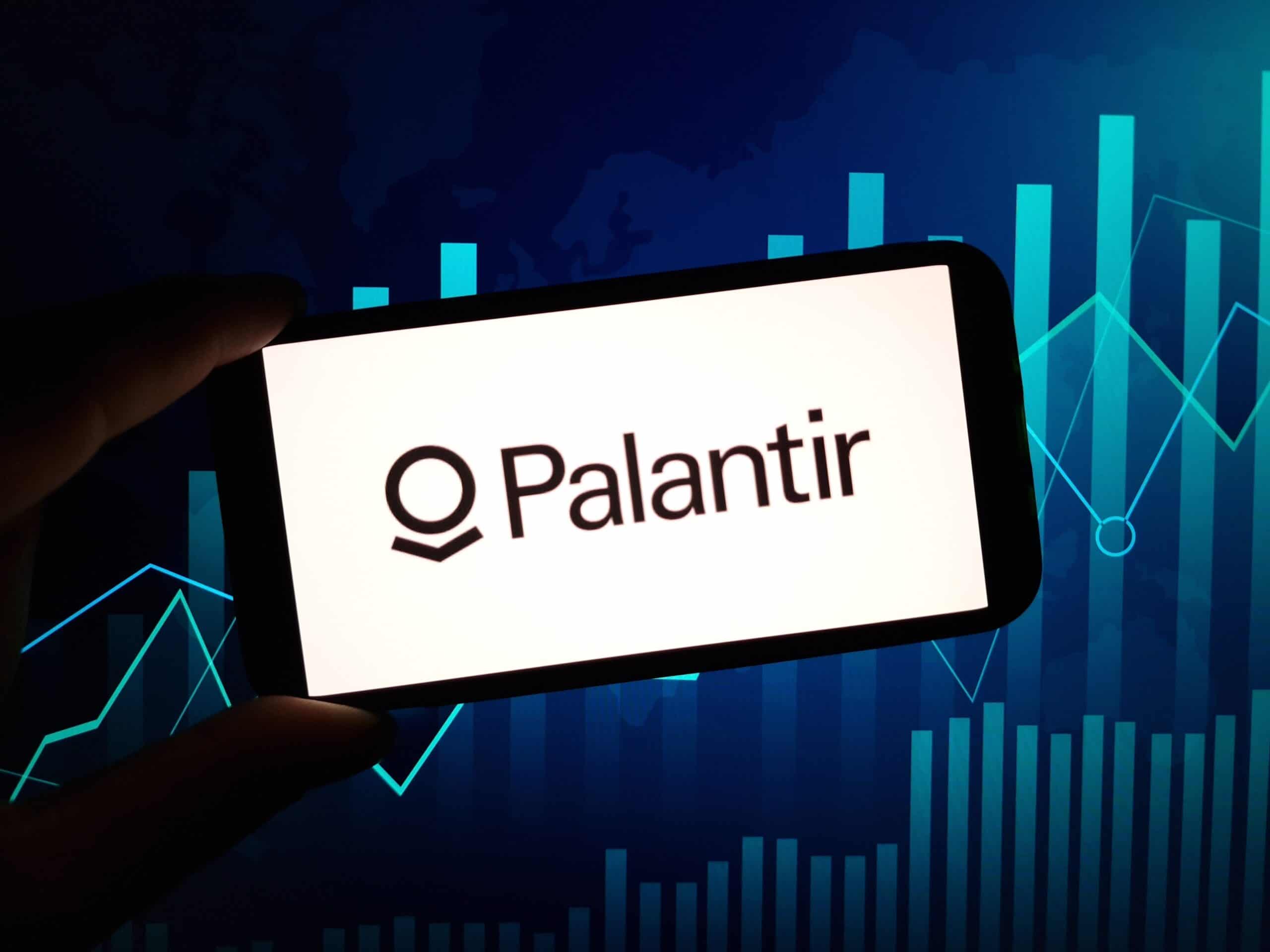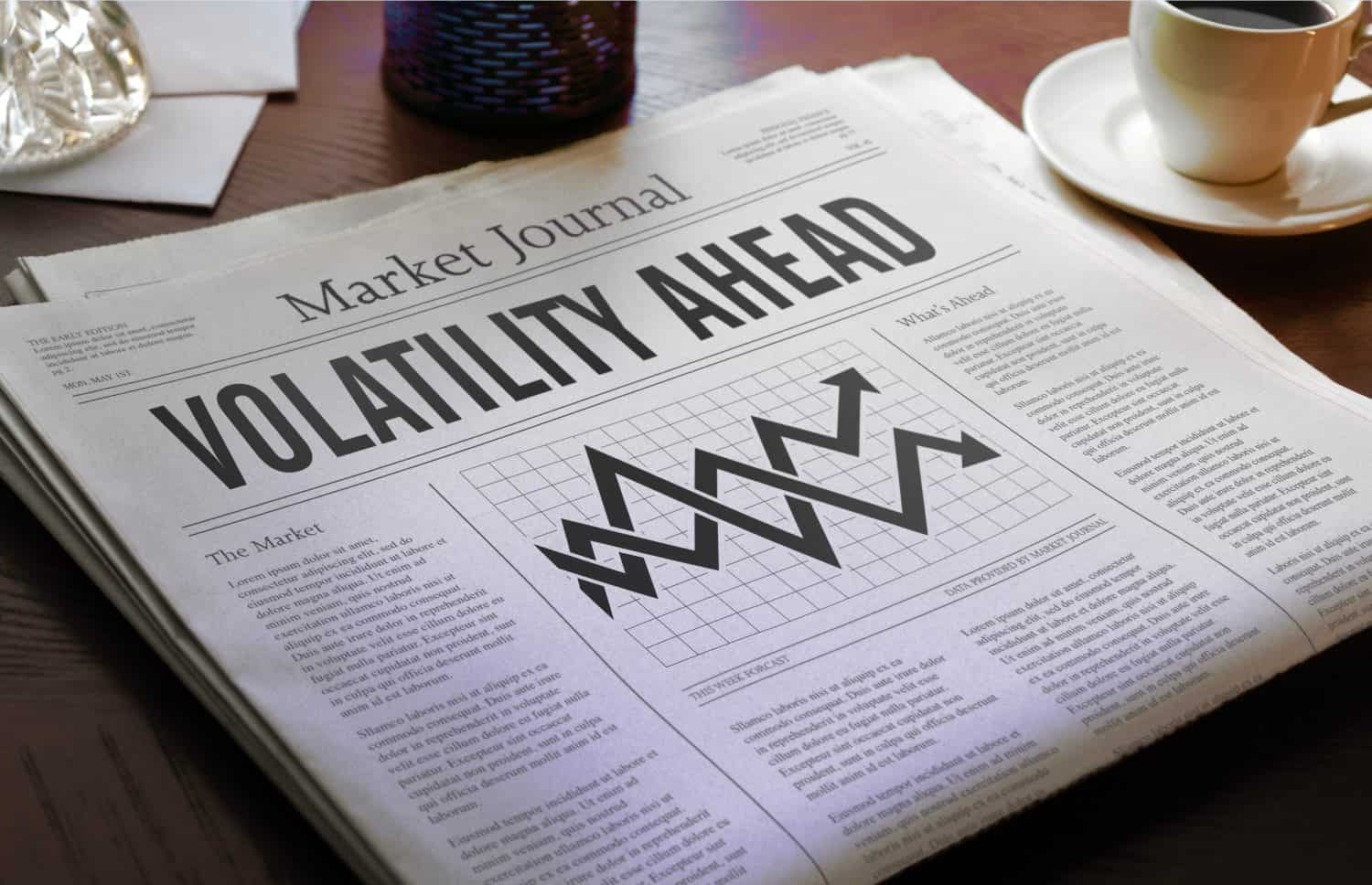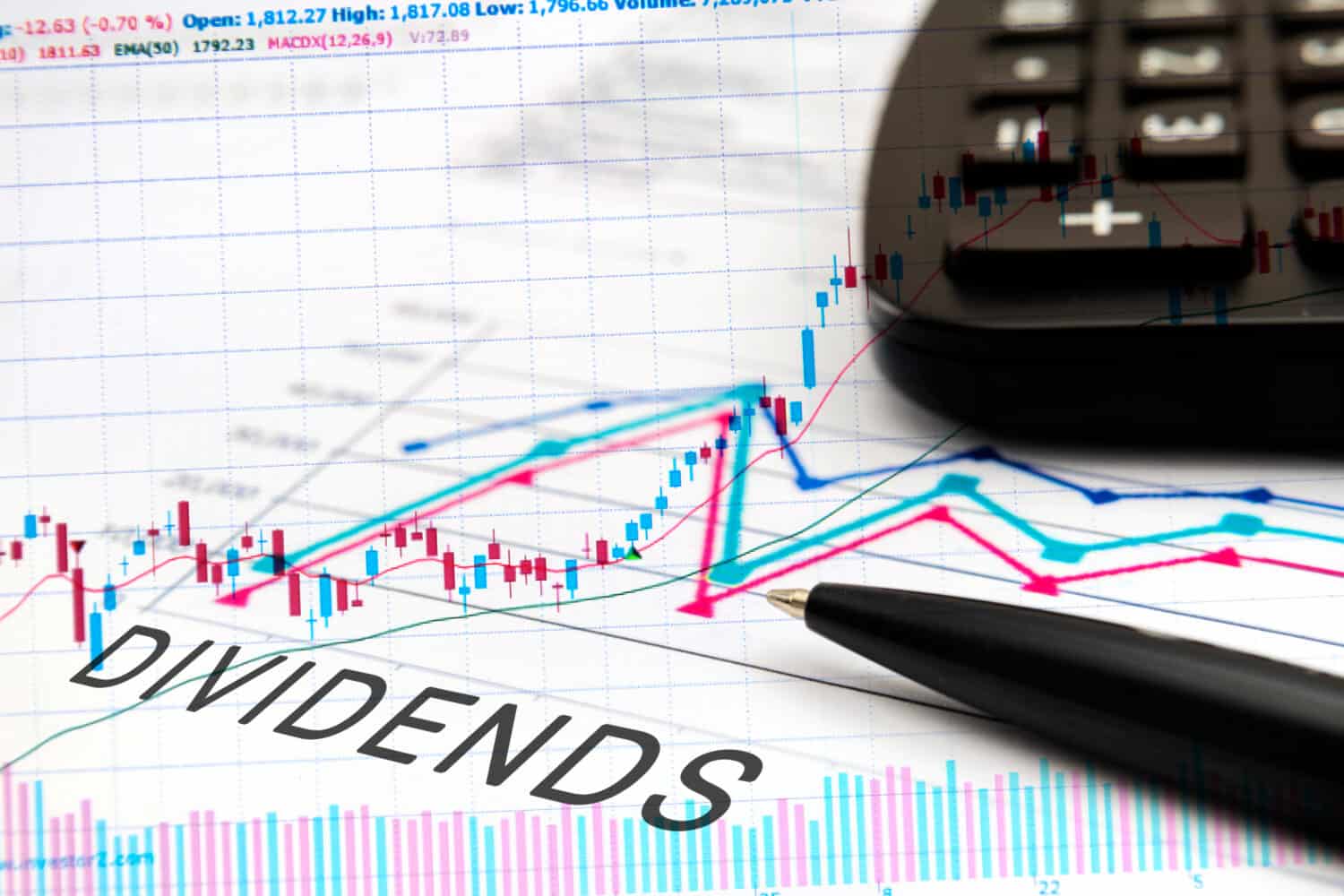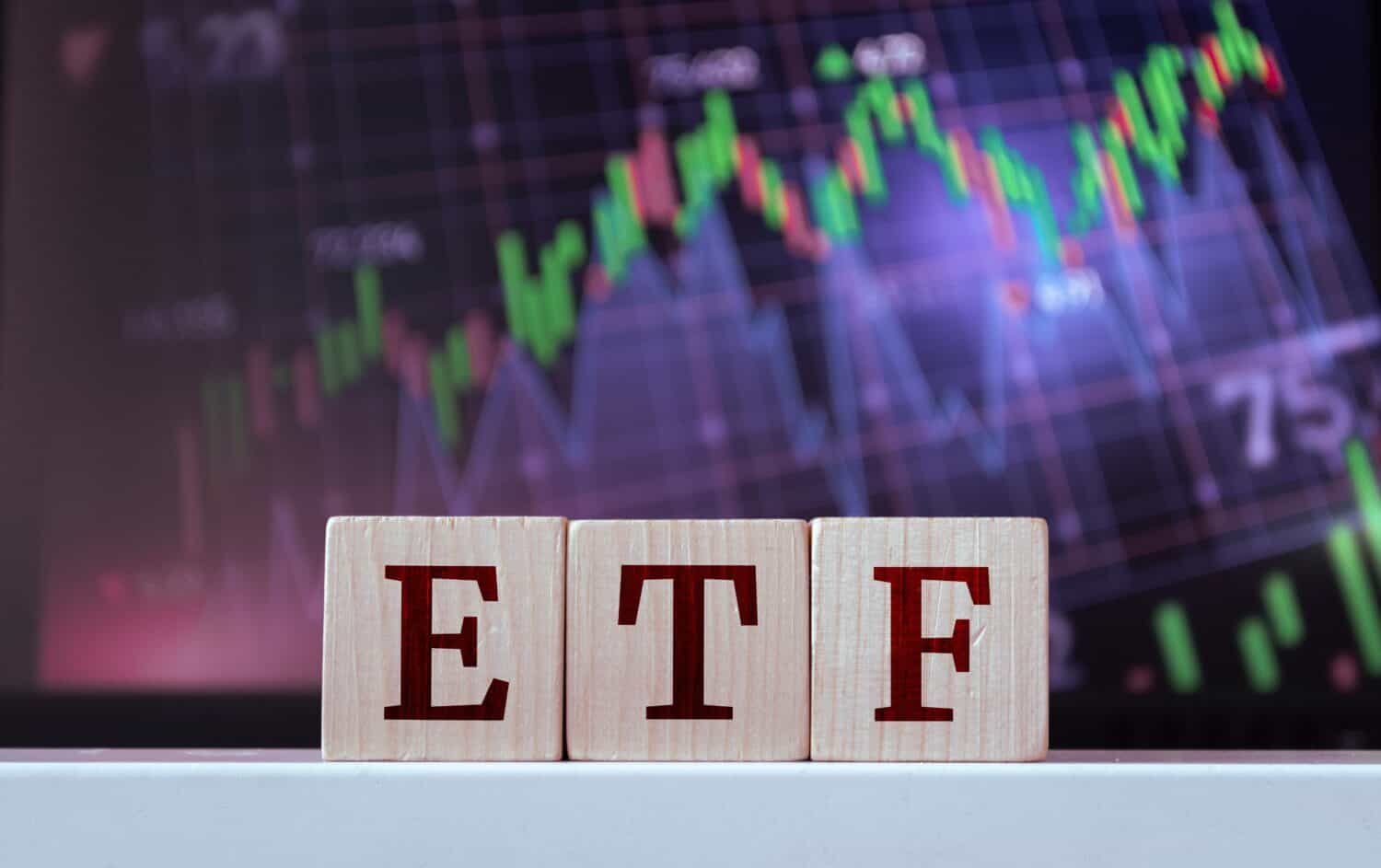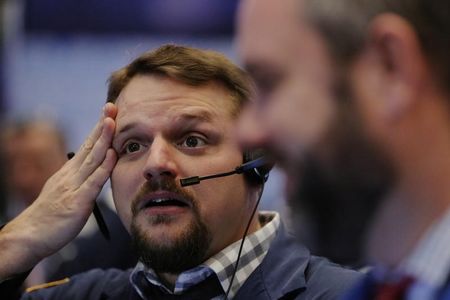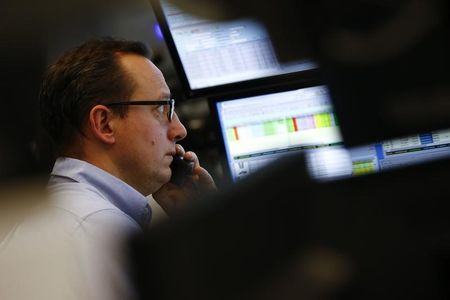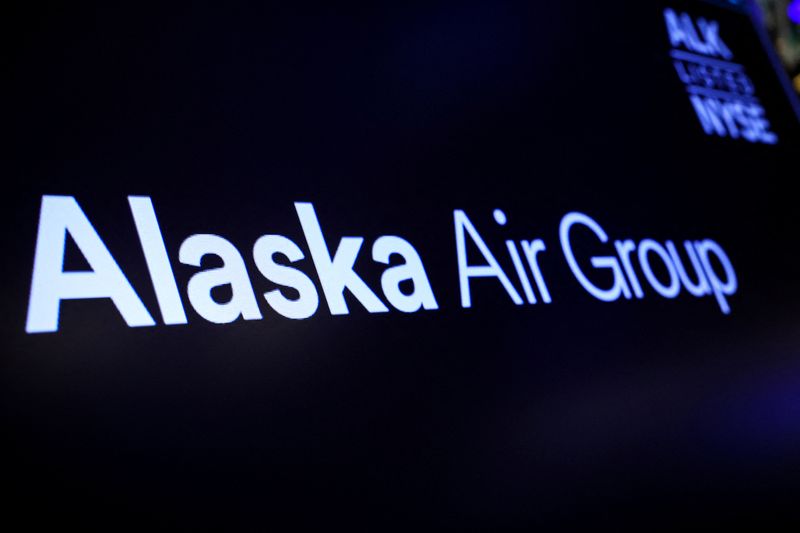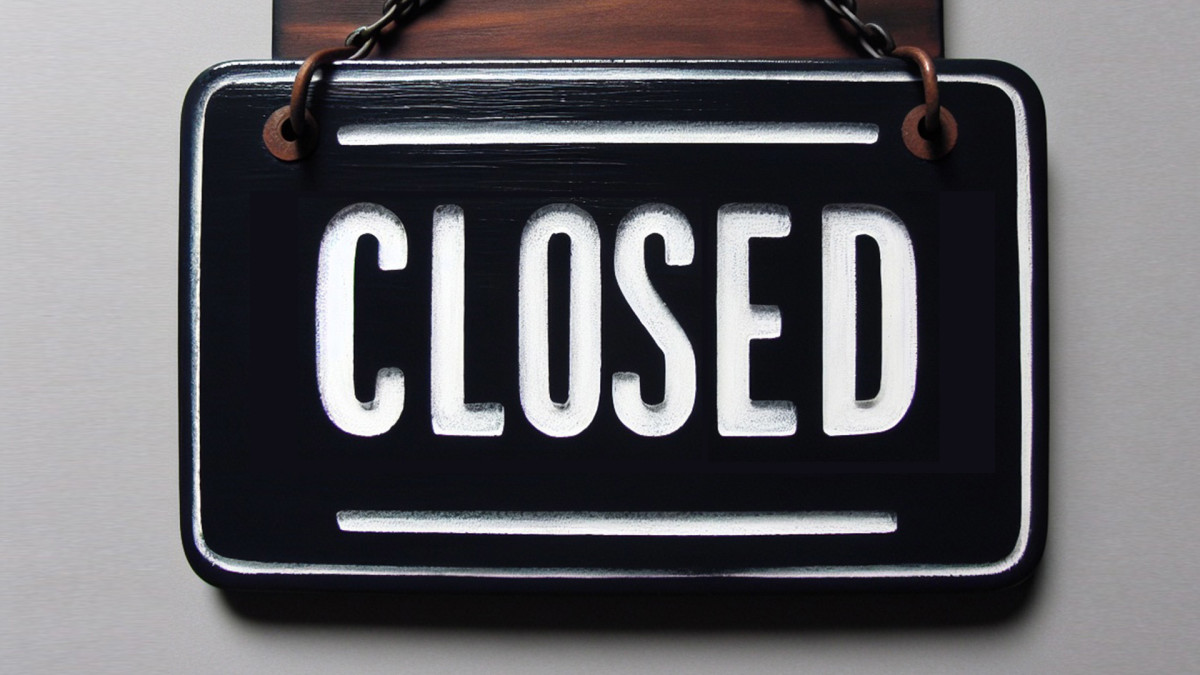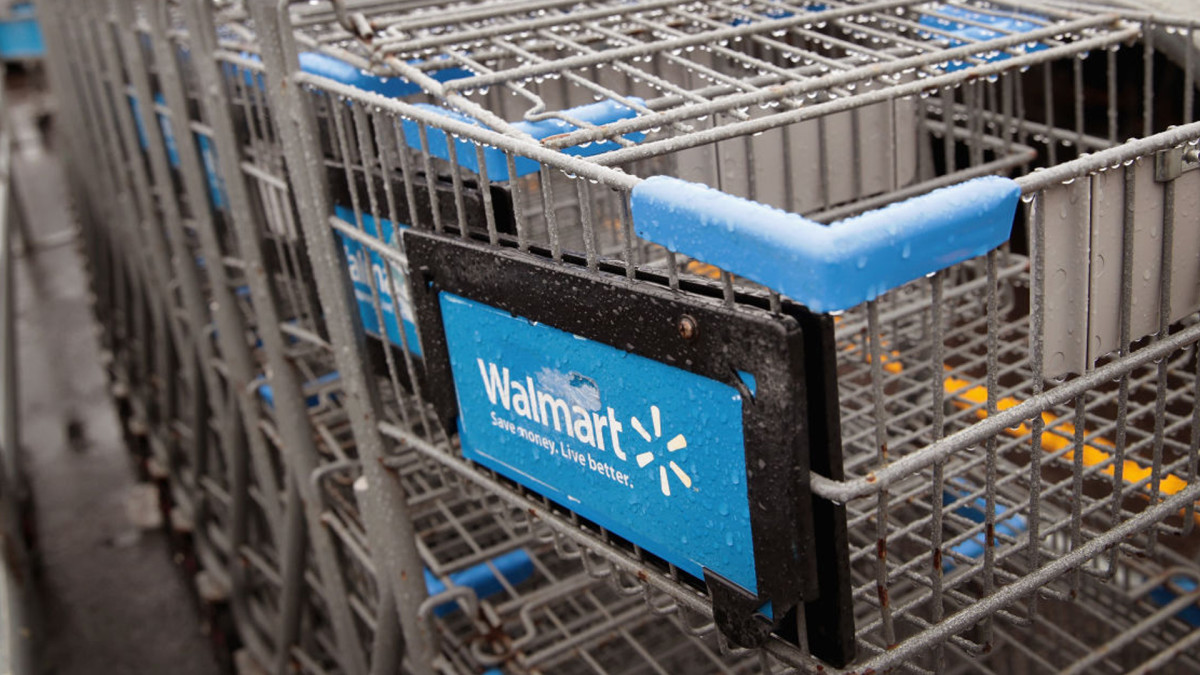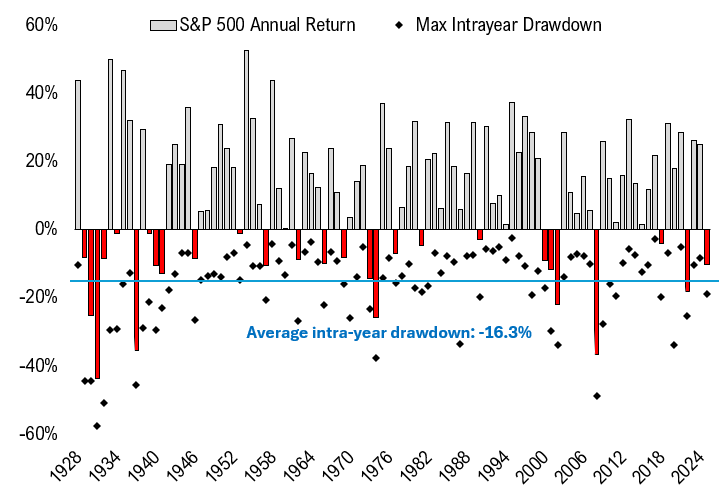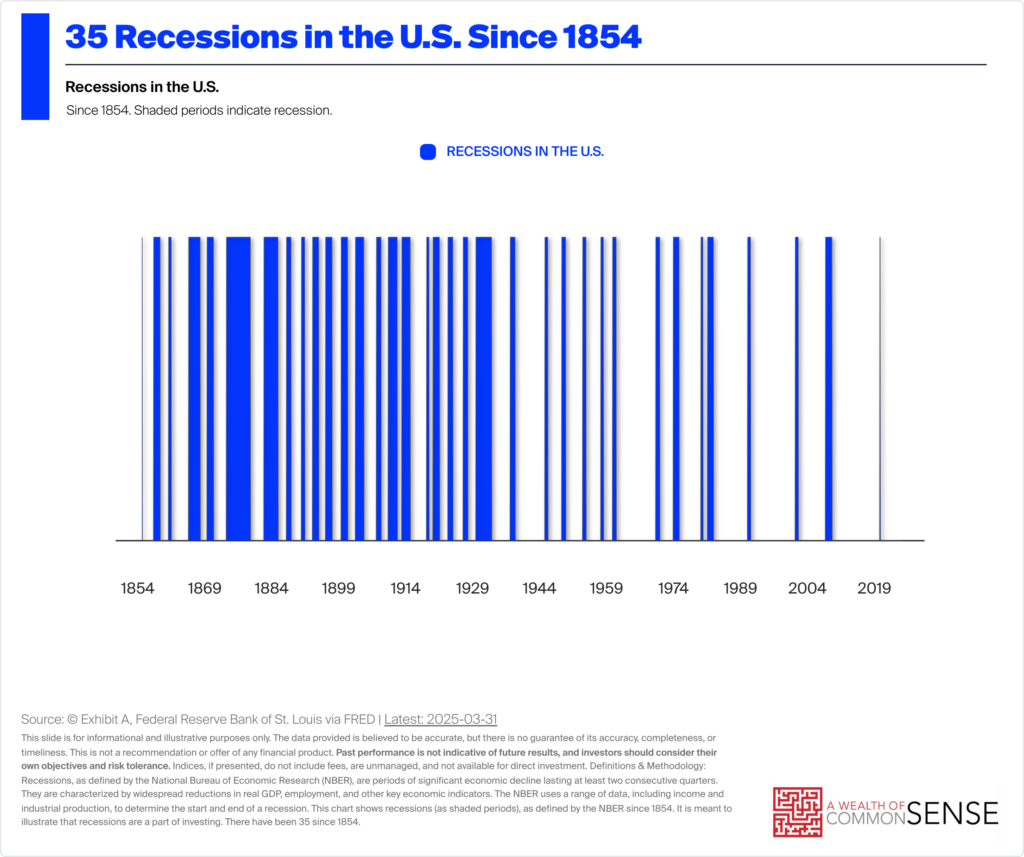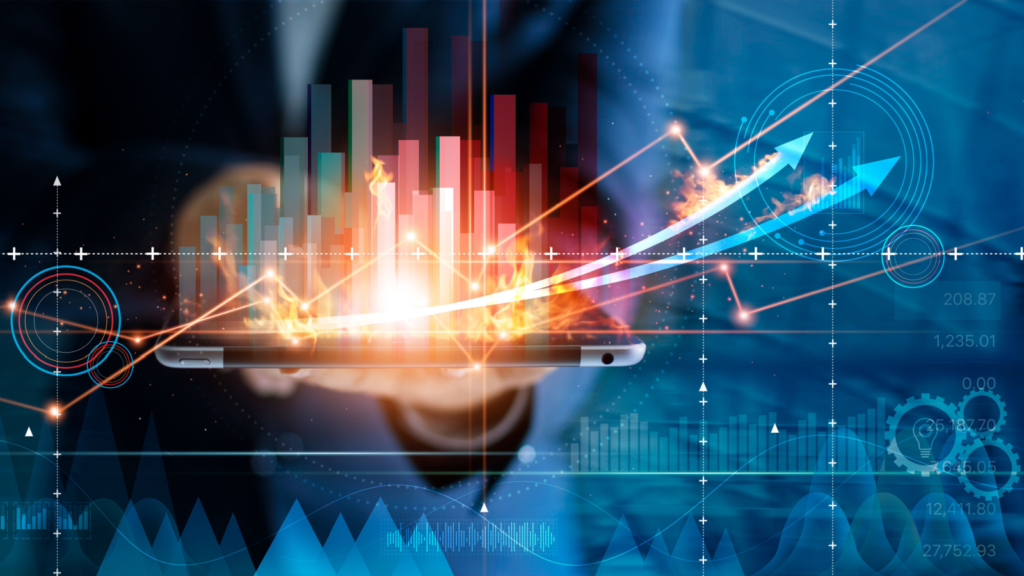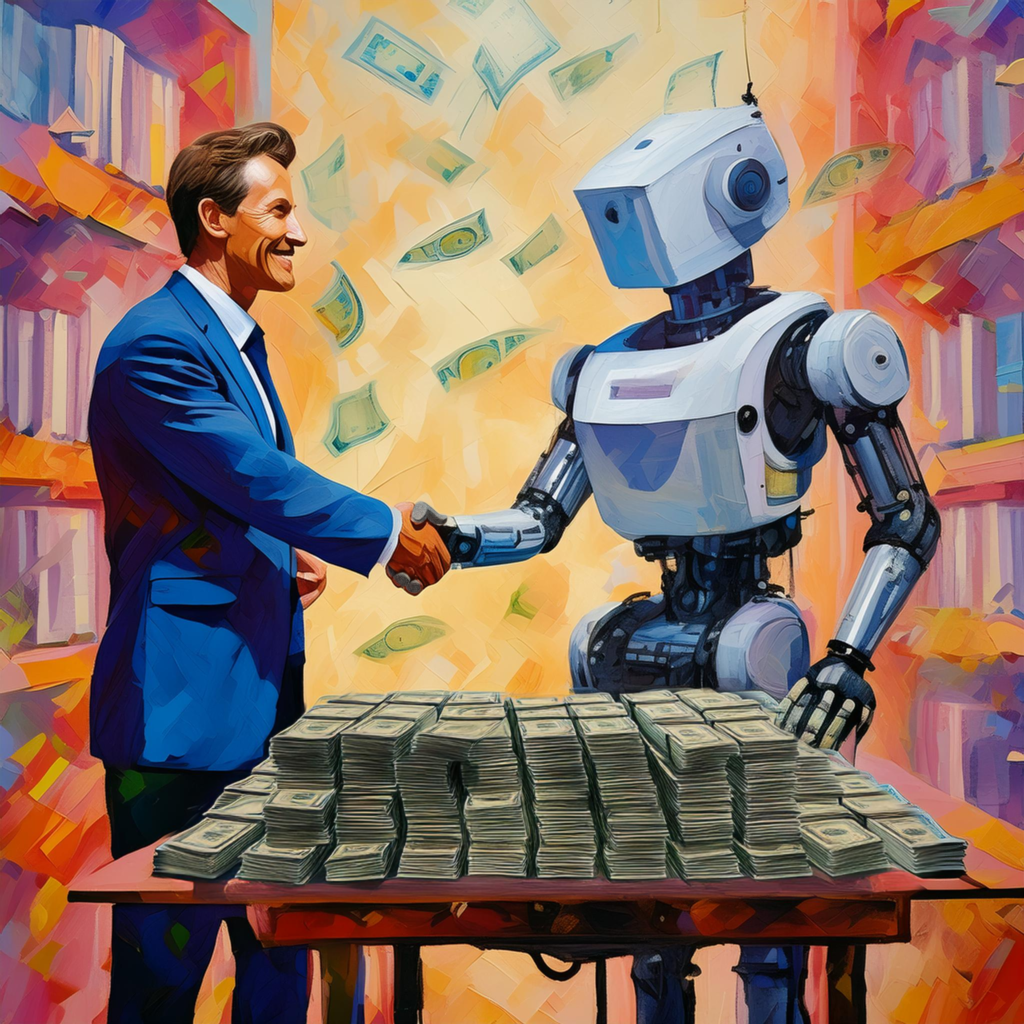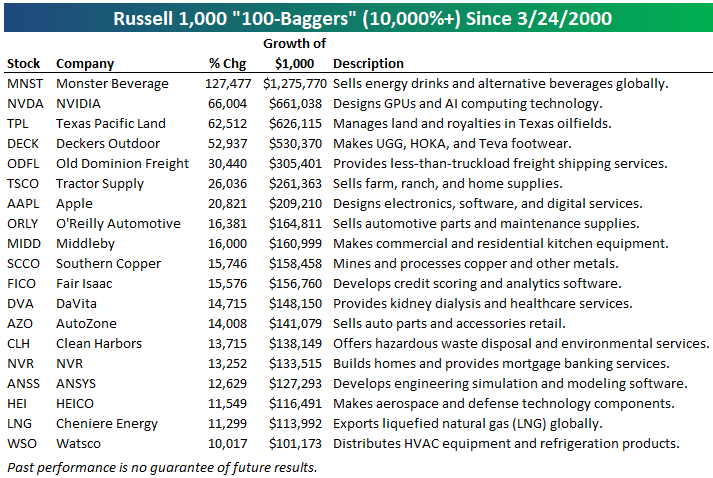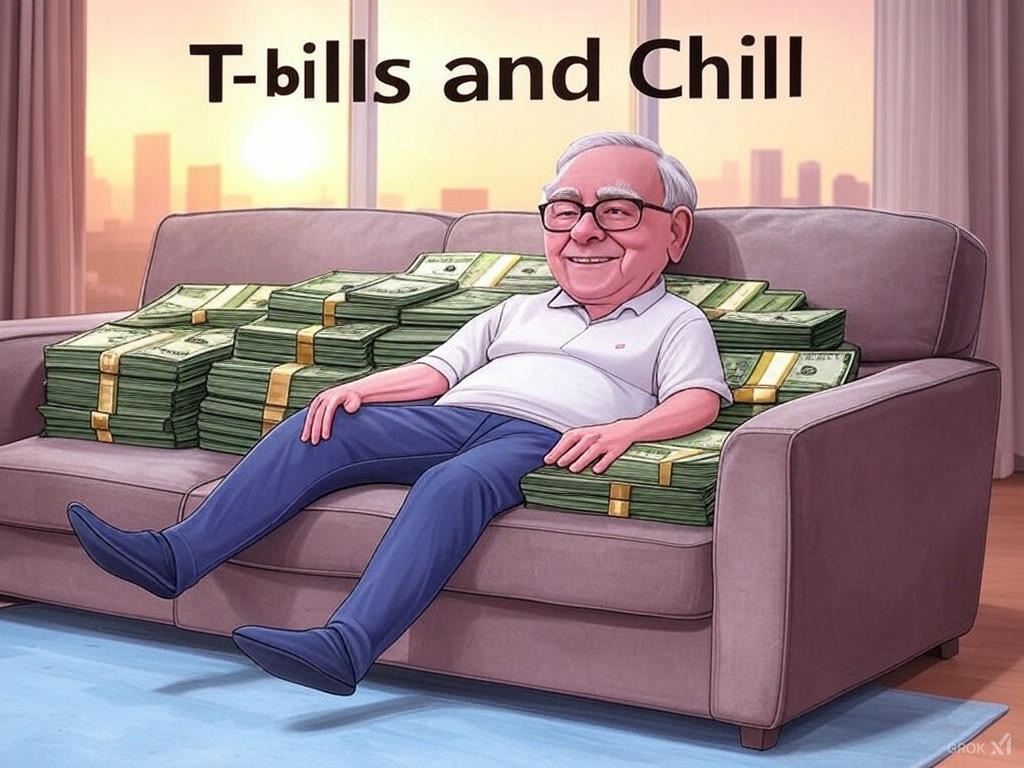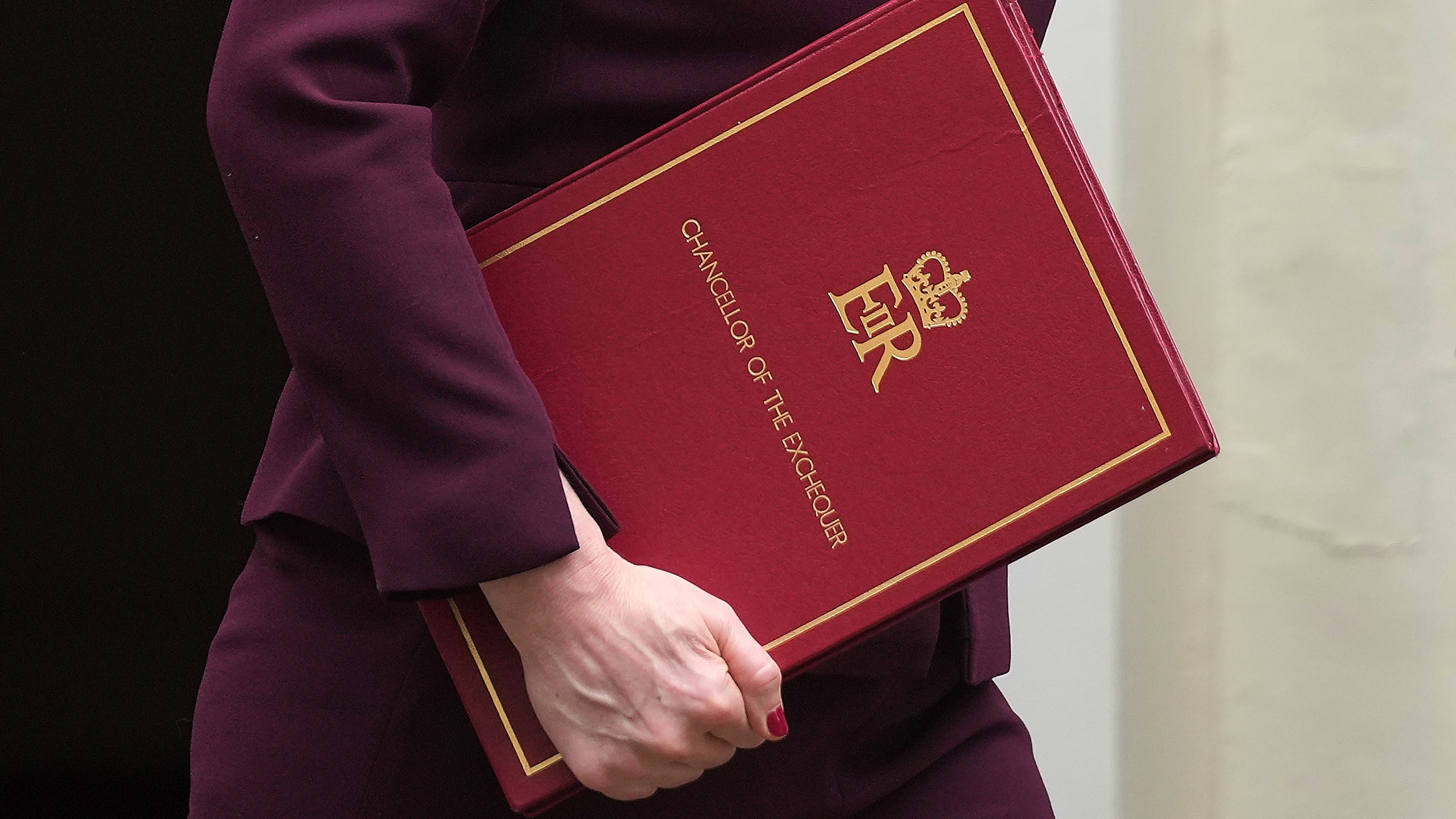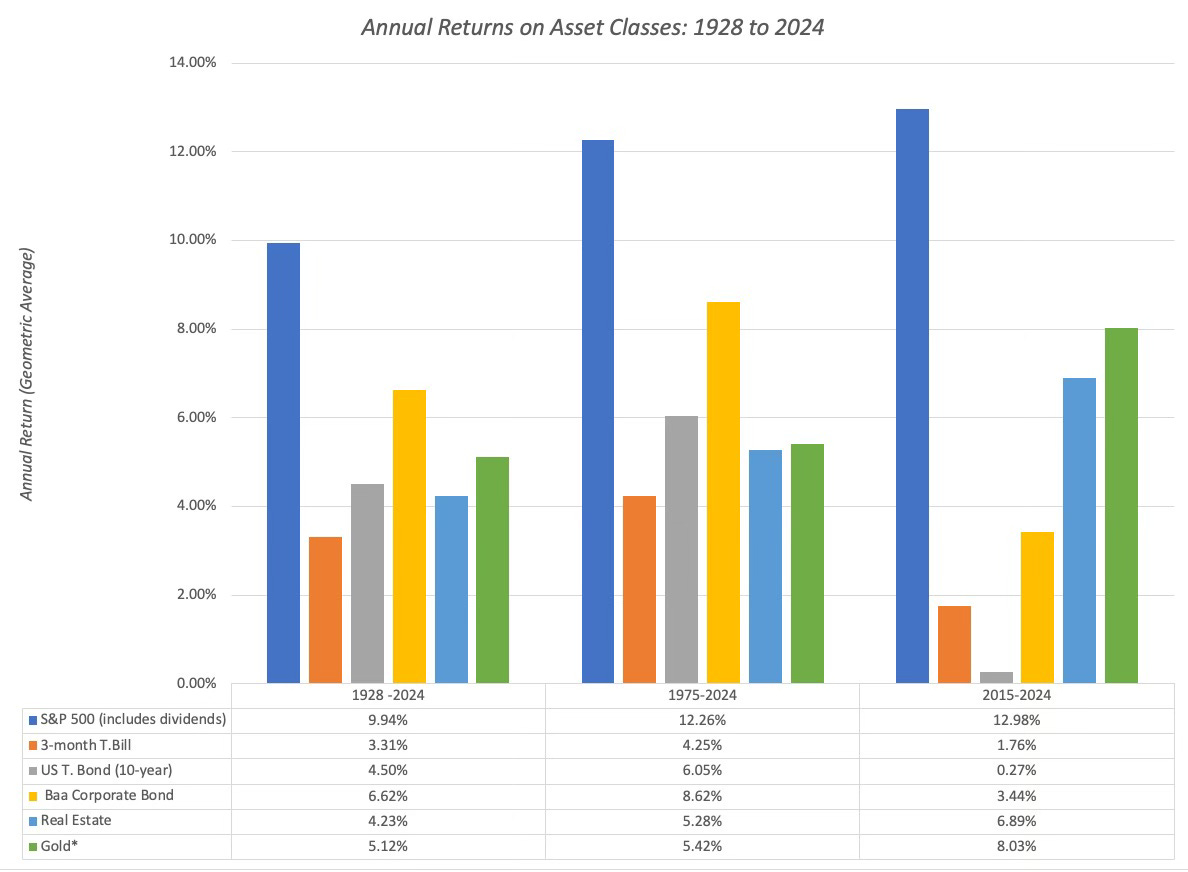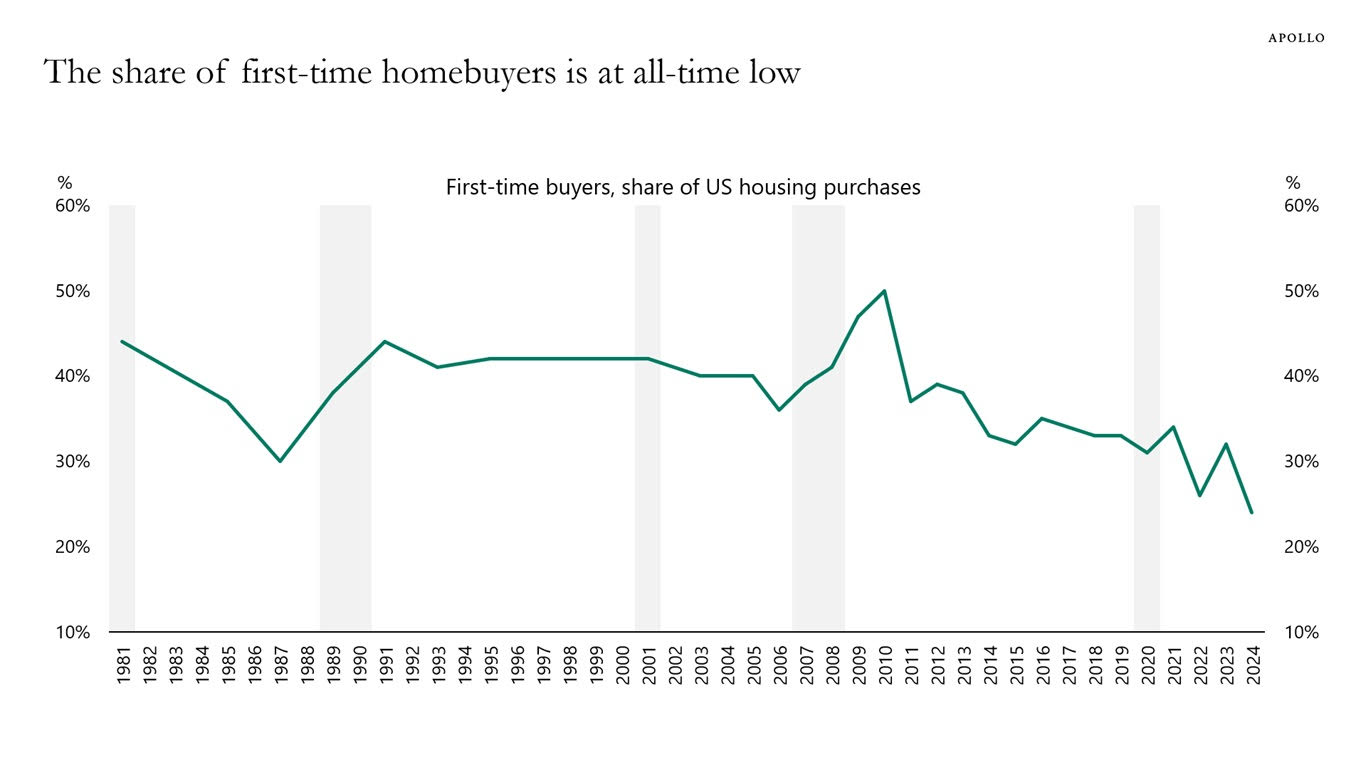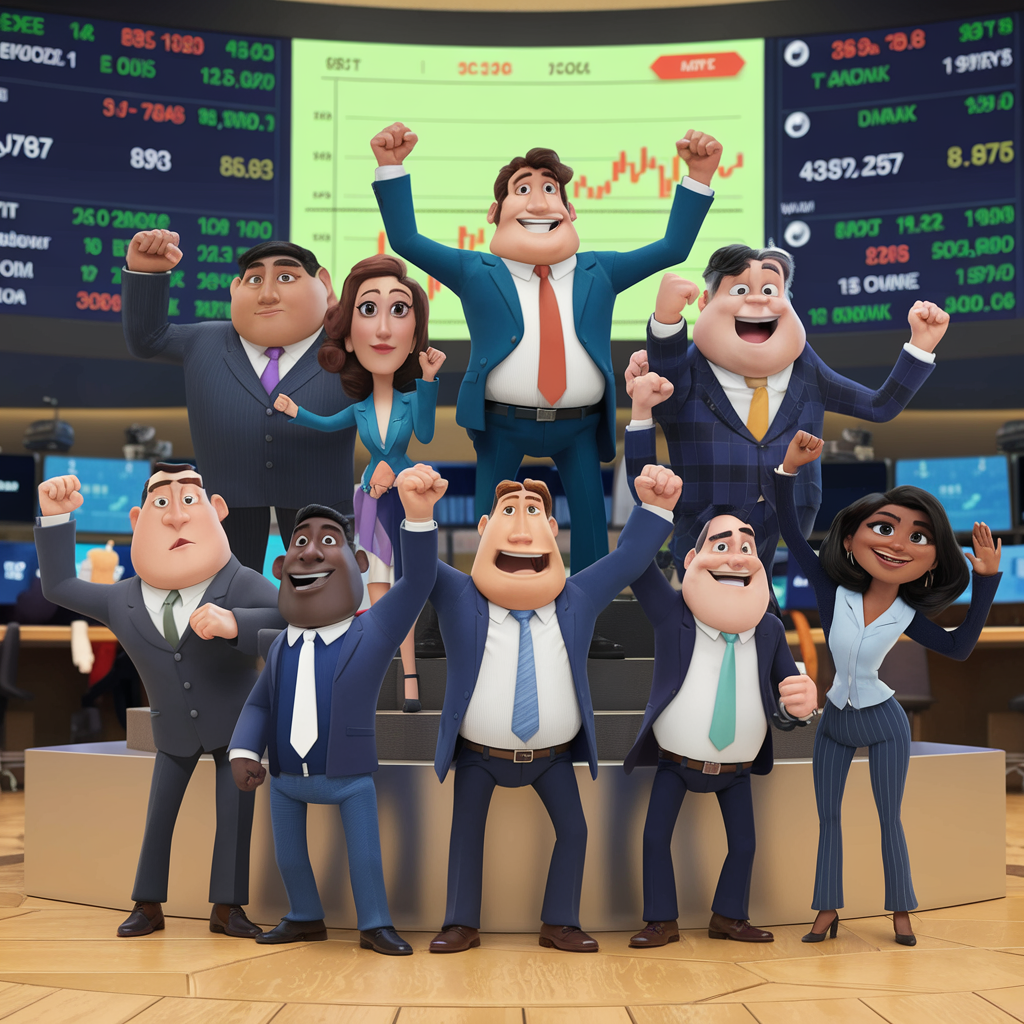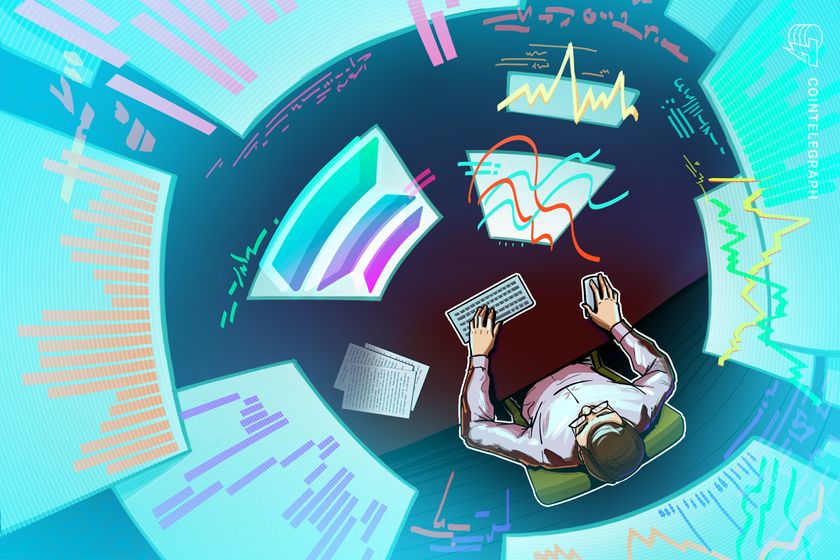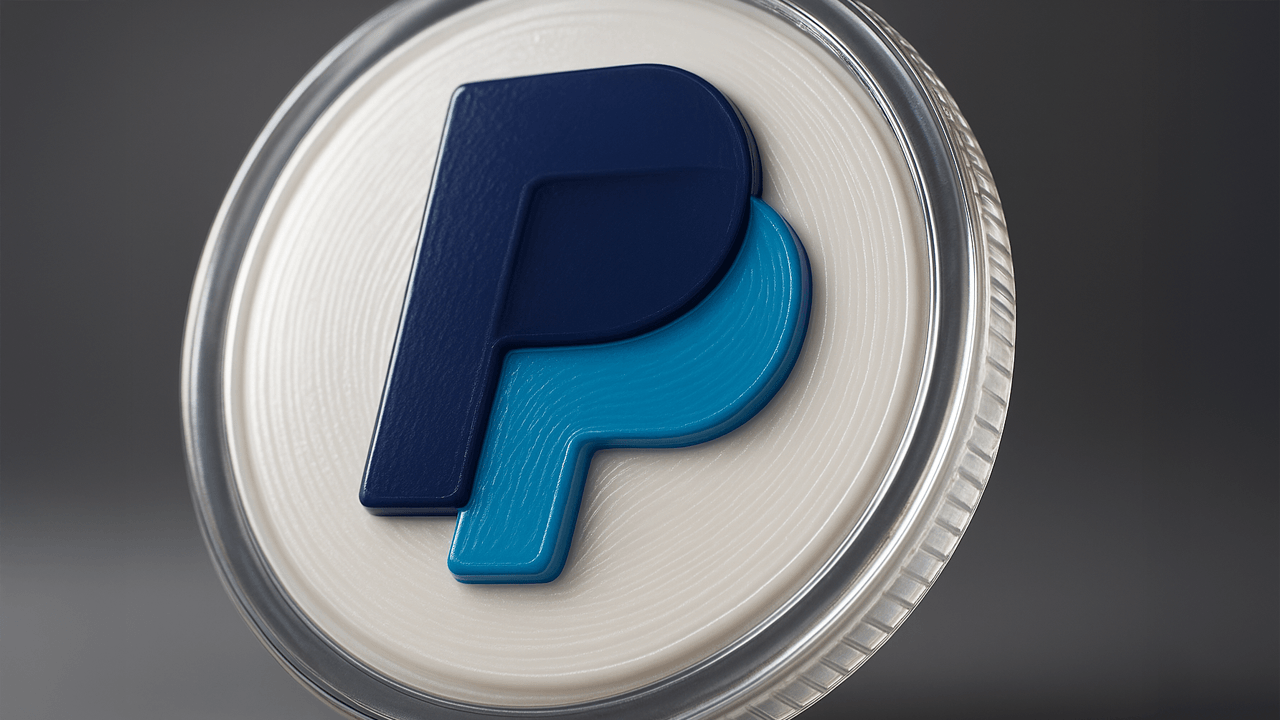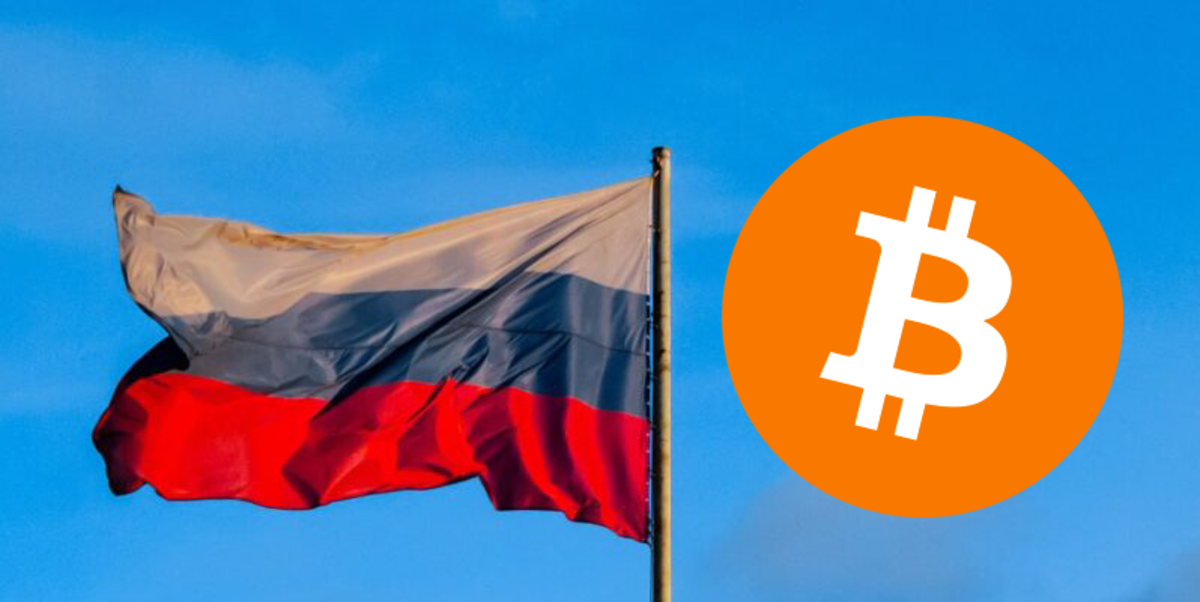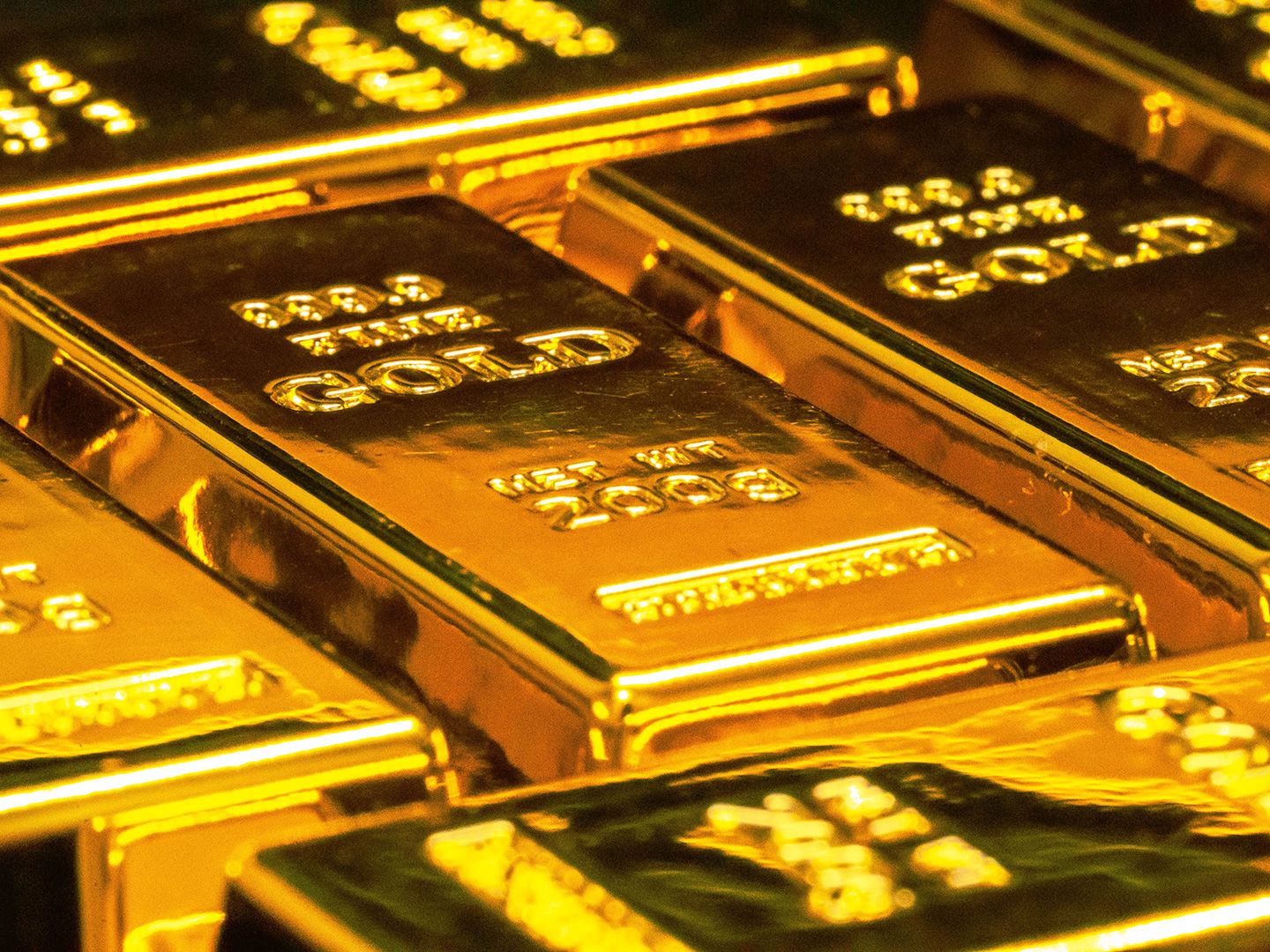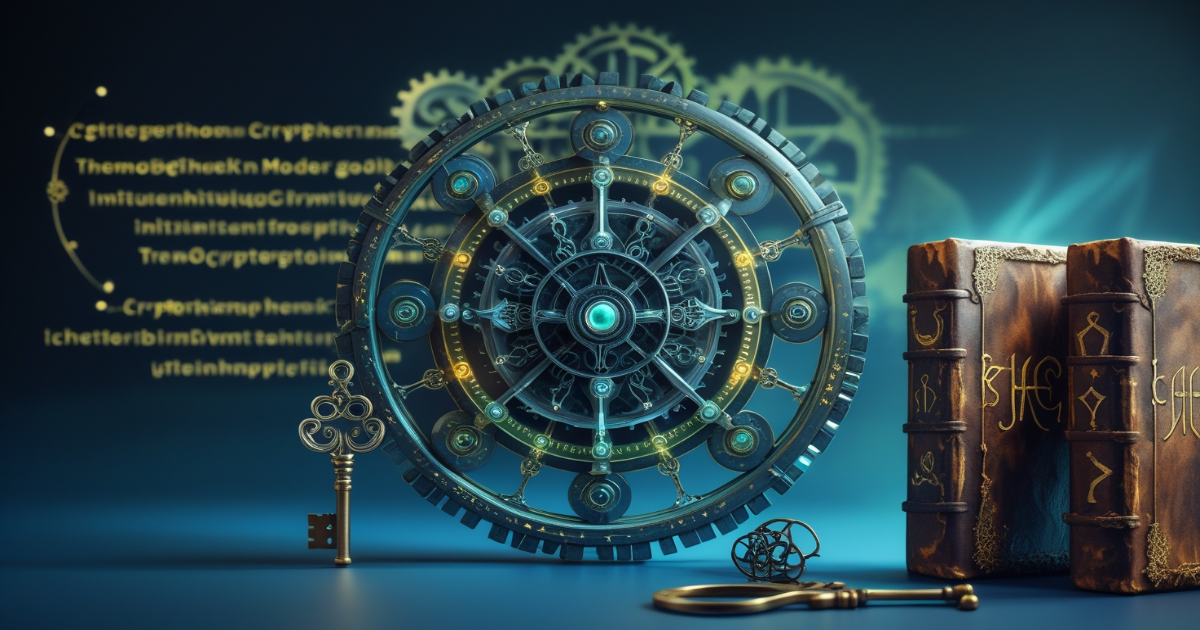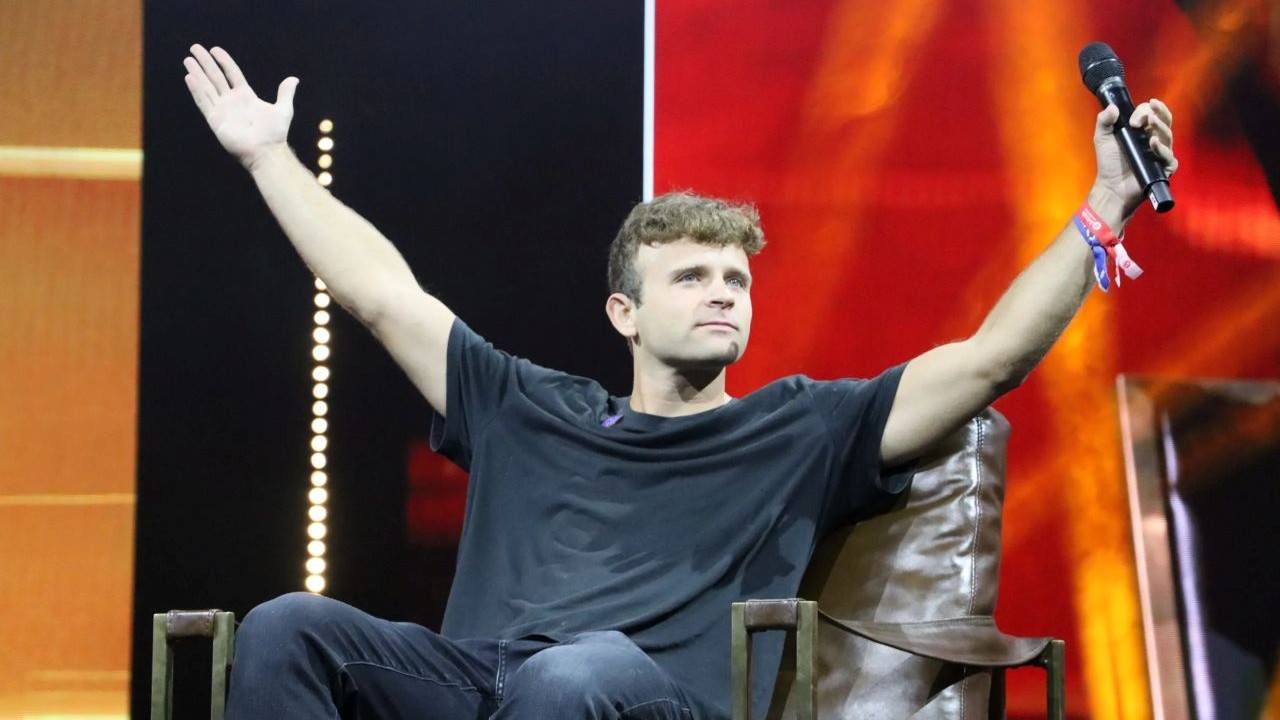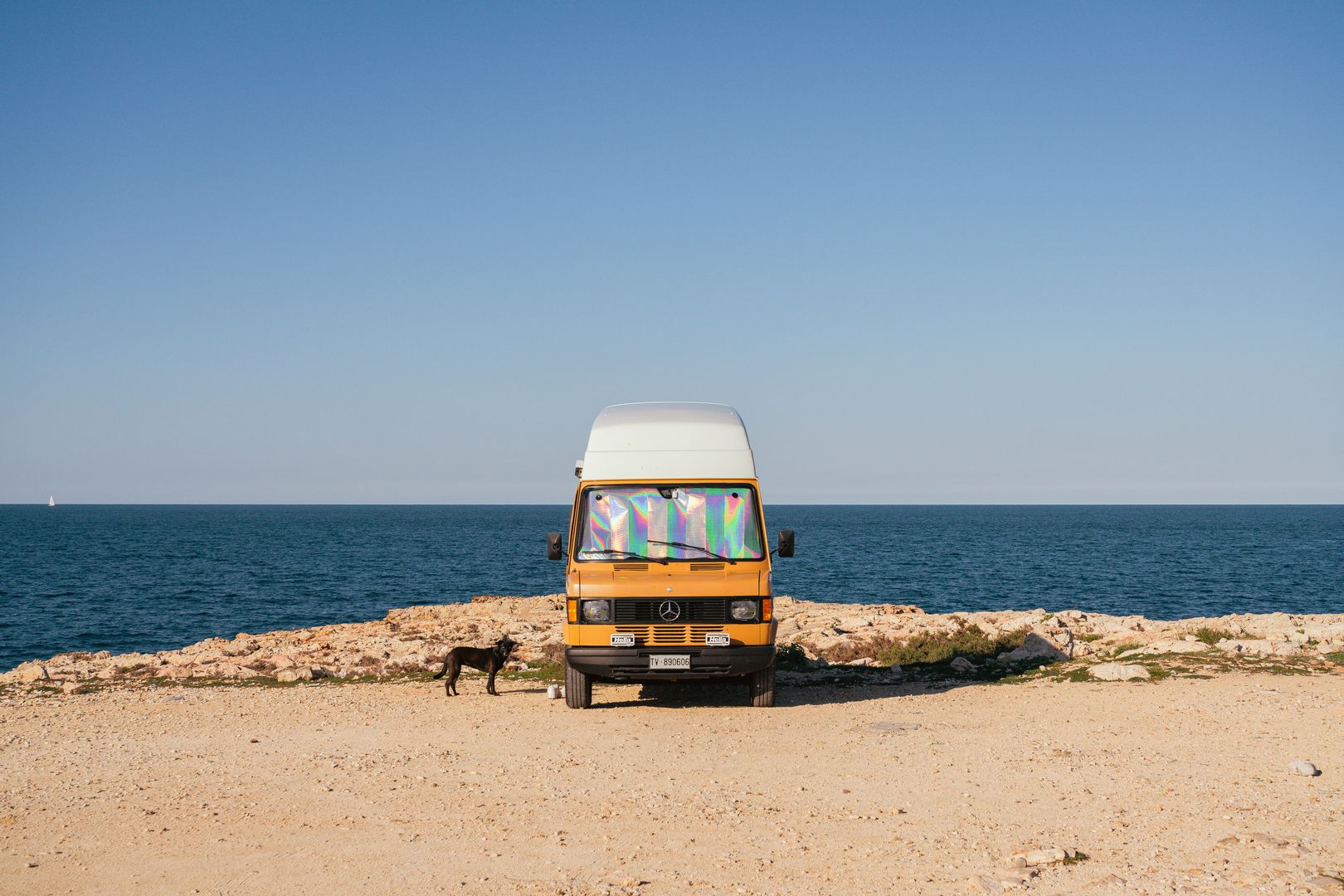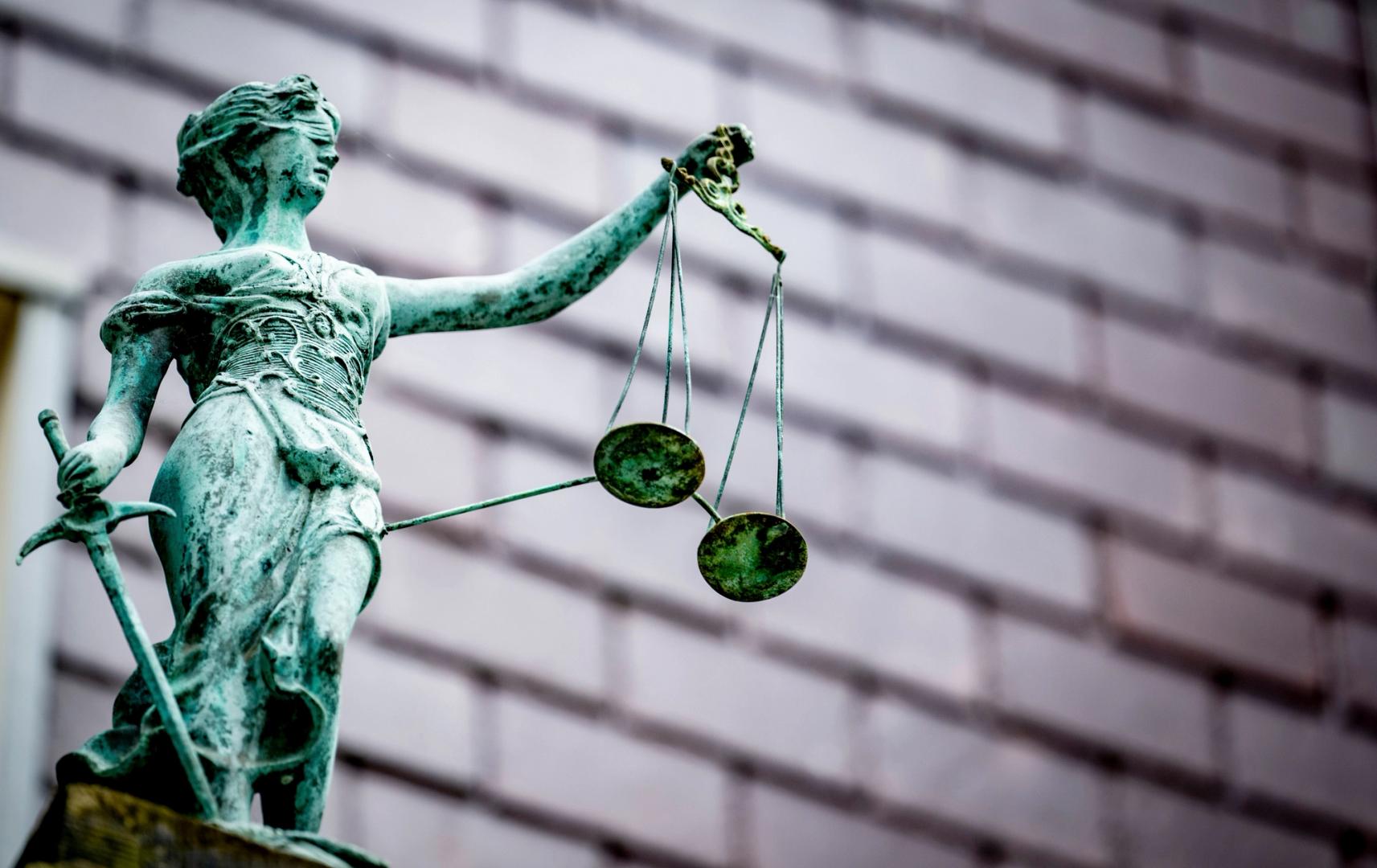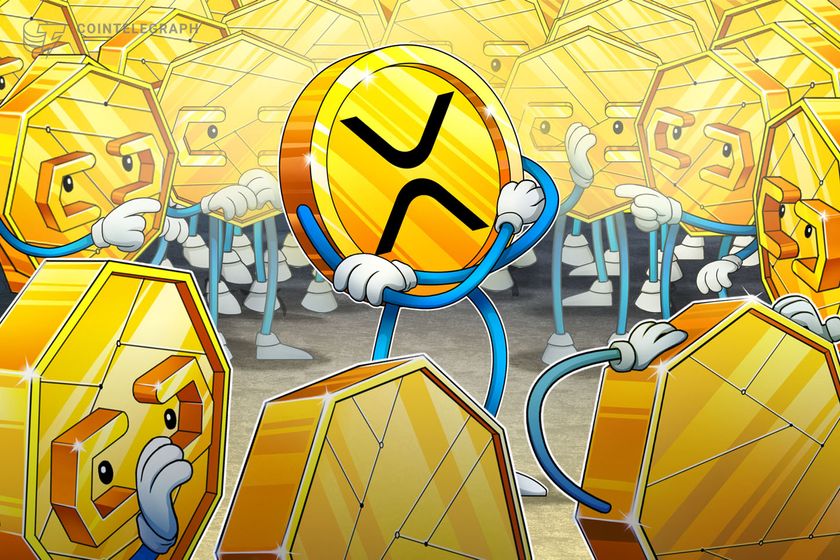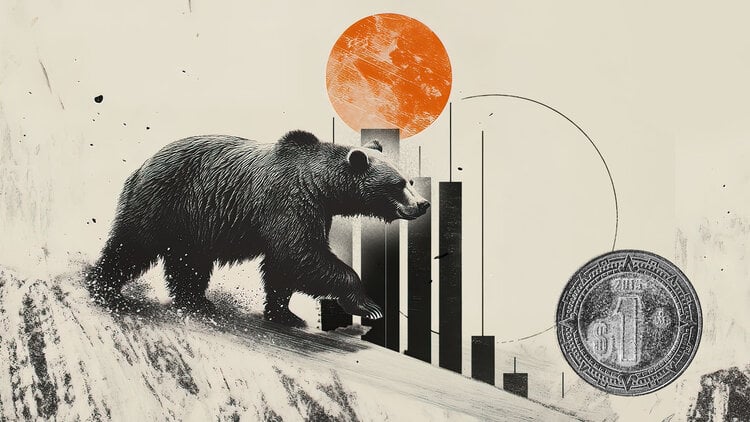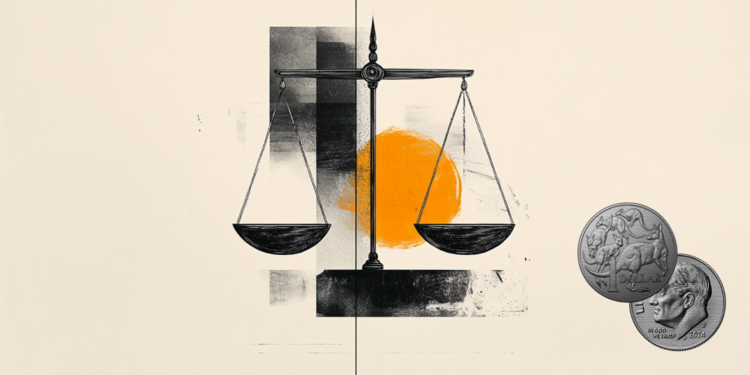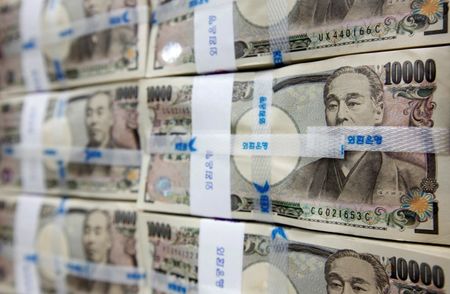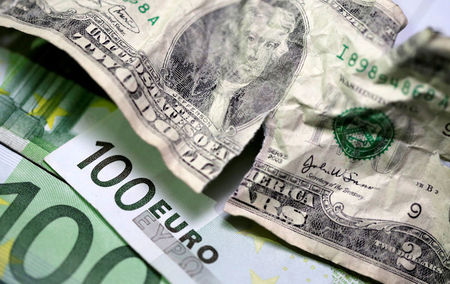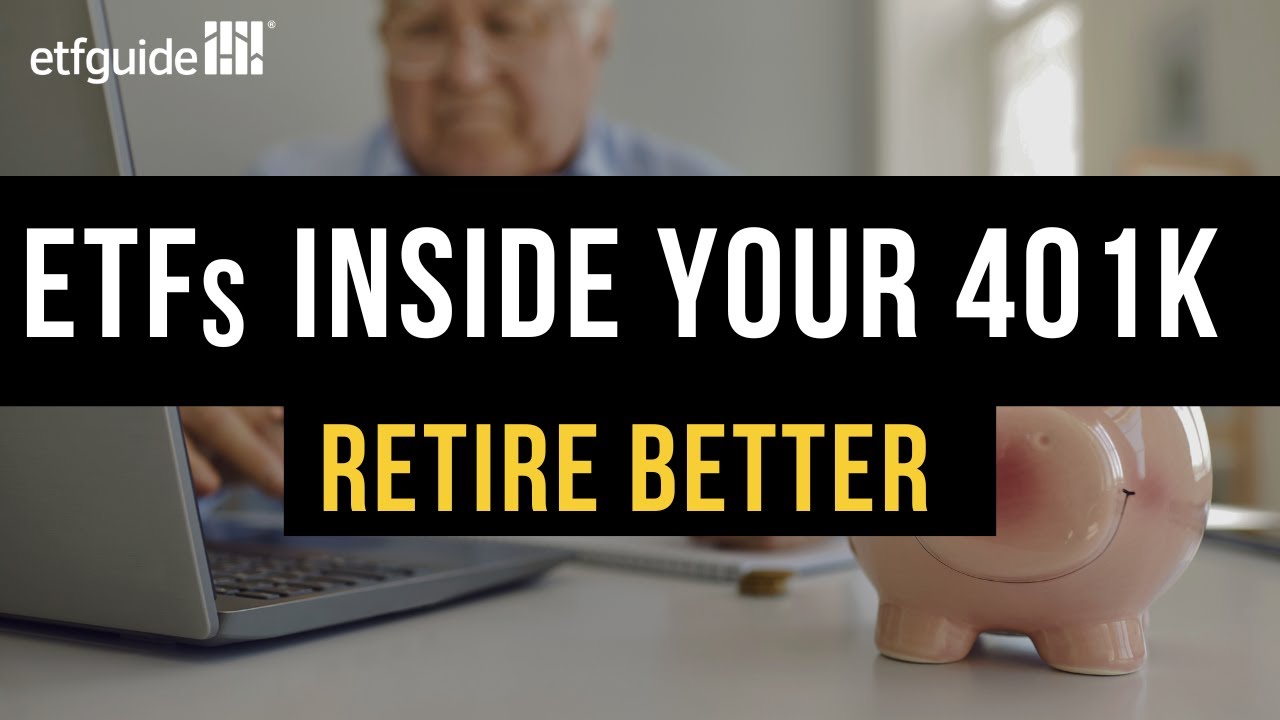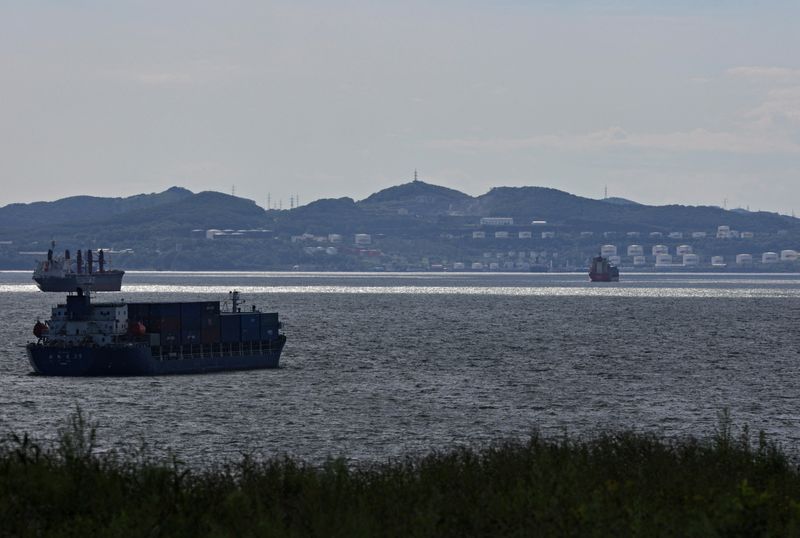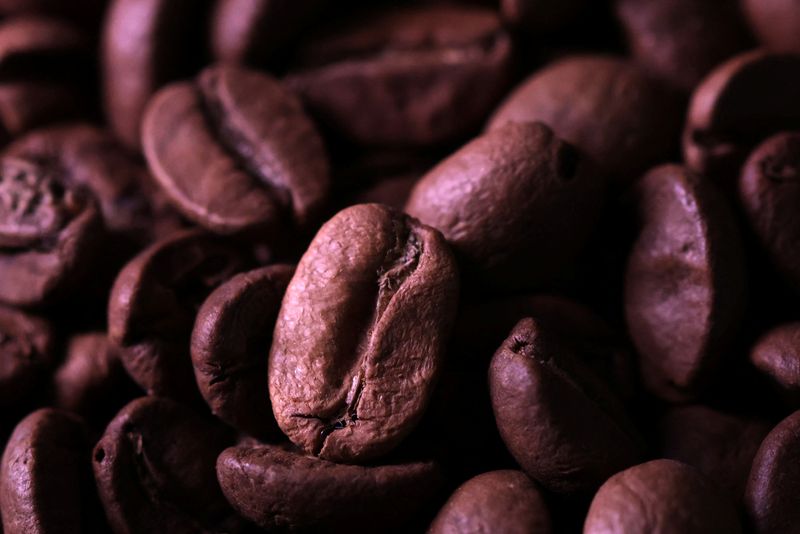Elon Musk worries Chinese companies will fill out the world’s top 10 robot makers—but claims Tesla is, and will stay, No. 1
The Tesla CEO revealed that production of the Optimus robot has been disrupted by trade frictions.

Tesla CEO Elon Musk is bullish on how he views the competition in what is arguably the next frontier for his U.S.-headquartered company—humanoid robots.
“With respect to humanoid robots, I don’t think there’s any company in any country that can match Tesla,” Musk said on an earnings call Tuesday in response to a question about competition between China and the U.S. in the development of physical AI and drones.
“Tesla and SpaceX are No. 1, and then now, I’m a little concerned that on the leaderboard, ranks two through 10 will be Chinese companies, but I’m confident rank one will be Tesla,” Musk continued.
He did not elaborate on why he thought Tesla ranked No. 1 globally in the development of humanoid robots, and the earnings call ended following that comment.
It’s not the first time Musk has been bullish about his company’s position. In November 2023, Musk claimed the top 10 automakers of the future will be Tesla followed by nine Chinese companies. Then in January last year, Musk said on an earnings call that without trade barriers, Chinese EV companies would “pretty much demolish most other car companies in the world.”
Musk’s Tesla can arguably be referred to as the first mover when it comes to electric vehicles. Yet a few notable endeavors, like robotaxis, have shown that Musk can be late delivering on his promises.
Optimus debut
Tesla debuted its Optimus humanoid robot in 2022 and on an earnings call in January of this year, Musk hyped humanoid robots again, saying that the project alone could generate more than $10 trillion in revenue.
But since Optimus’s debut, China and its companies have arguably captured global attention for advancements in humanoid robot development.
Take, for example, Unitree’s dozen humanlike robots dancing at the annual Lunar New Year gala that is watched by tens of millions in China during the holiday. Since then, several other videos of humanoid robots doing roundhouse kicks and side flips have popped up on the internet.
Industrial robots already automate parts of manufacturing, and the consumer market has had task-specific robots like robo-vacuums for years. But developing humanoid robots that can mimic human movement and capabilities would allow such robots to assist in health care settings, take over household chores, or even perform hazardous tasks.
Earlier this year, China, with its increasing elderly population, formalized a policy that aimed to use such robots to assist in senior-care settings.
Tesla’s robot issues
In the U.S., besides Tesla, the high-profile humanoid robotics startup Figure AI has also been gaining attention in Silicon Valley; it is backed by Nvidia, Microsoft, and Jeff Bezos. Figure AI announced a commercial agreement with BMW early last year—though it appears to still be in its infancy.
Yet while Musk may be bullish that Tesla is No. 1 when it comes to robotics, he also revealed on the earnings call that the production of Optimus has been disrupted by China’s rare-earth export curbs.
“Optimus was affected by the magnet issue from China,” Musk said, before adding that he’s hopeful to get a license to “use the rare earth magnets.”
Beijing added seven rare earth minerals to its export control list in response to punitive tariffs imposed by the U.S. on China. Rare earths are important materials used for products ranging from powerful magnets to electric vehicles to fighter jets.
China is the world’s largest producer of rare earth metals and is also home to most of the world’s processing capacity.
Musk’s robot comments follow a dismal quarterly report that showed Tesla automotive sales tumbling 20% year on year to $14 billion, and a nearly 40% drop in net income to $409 million, far below the over $600 million estimated by Wall Street.
This story was originally featured on Fortune.com




